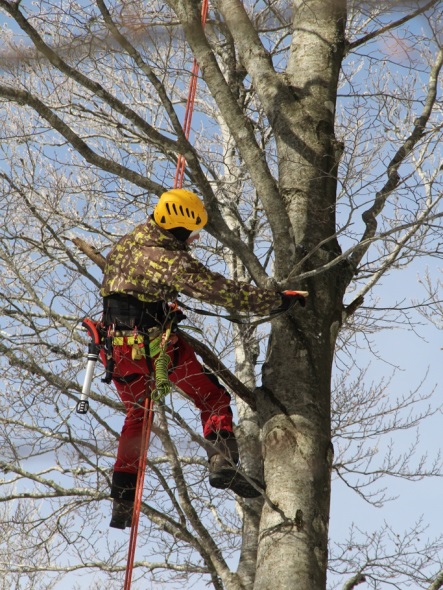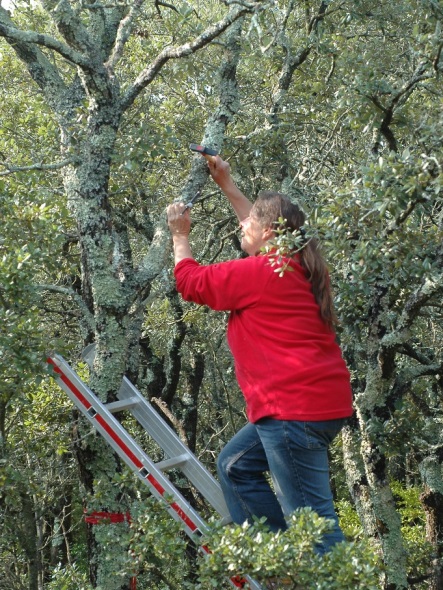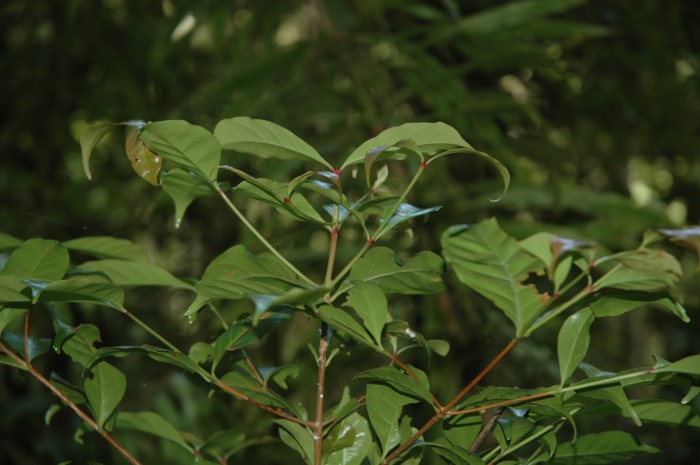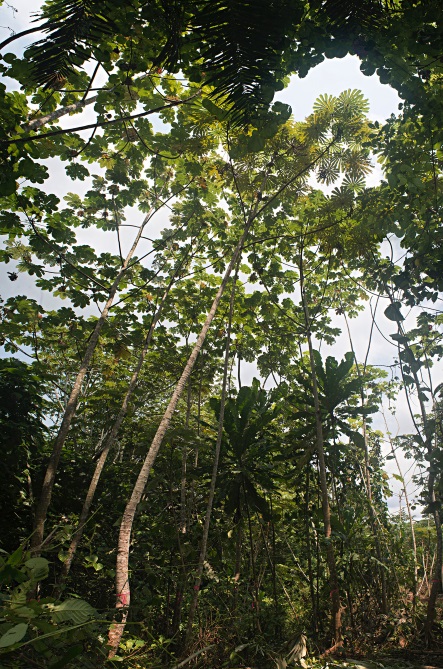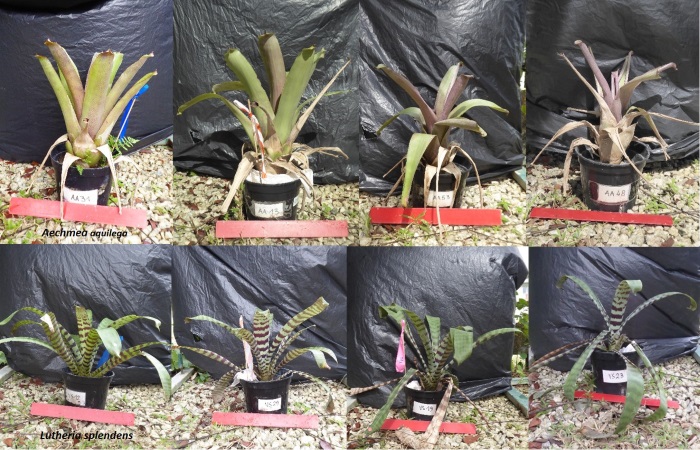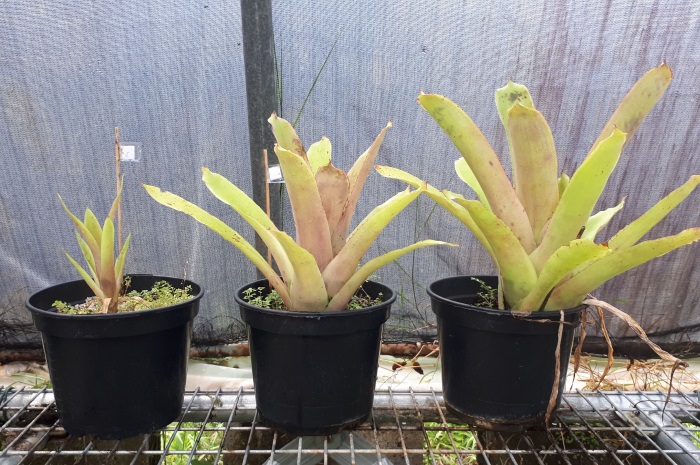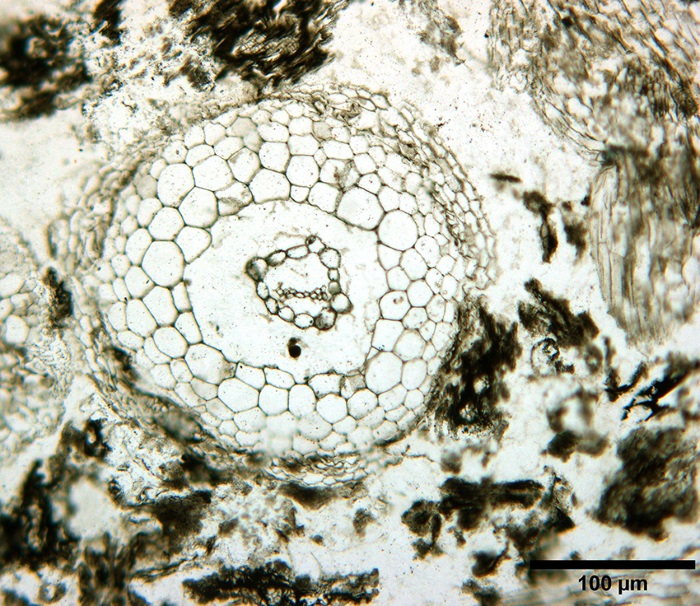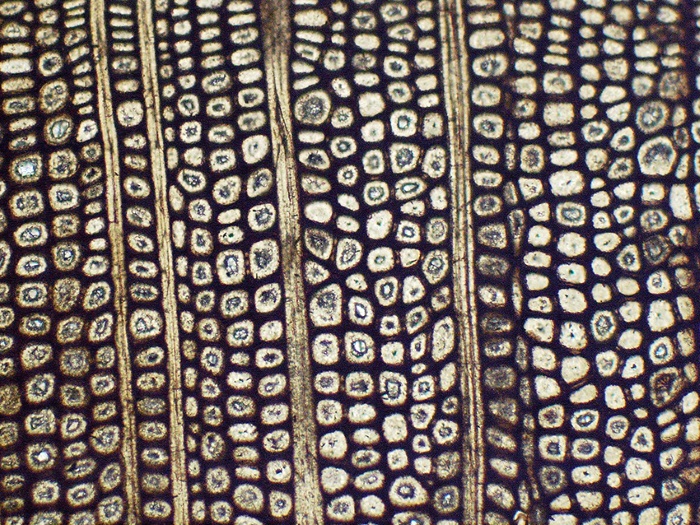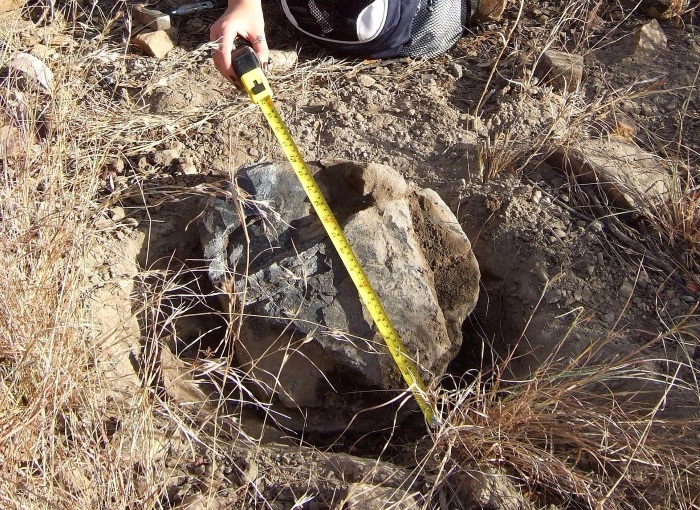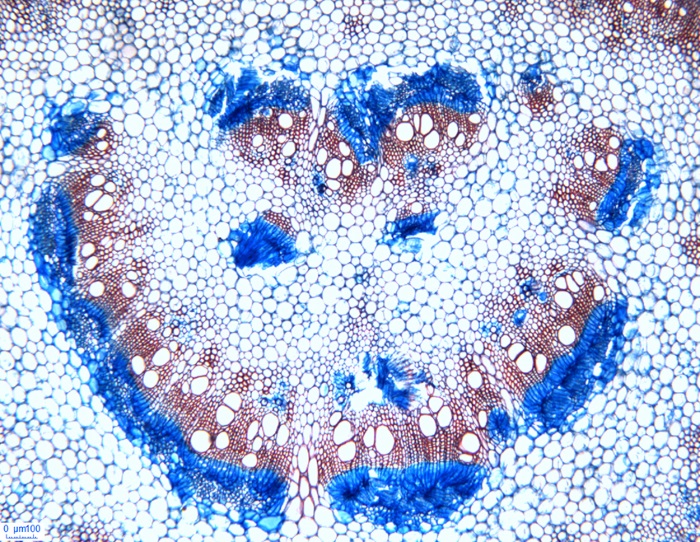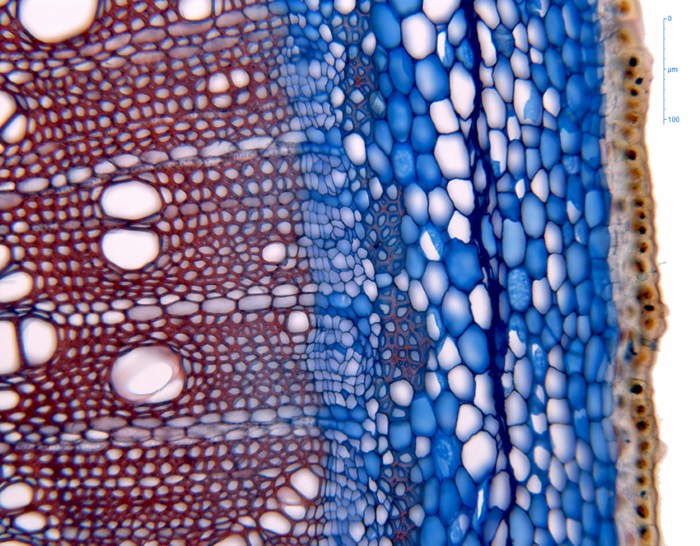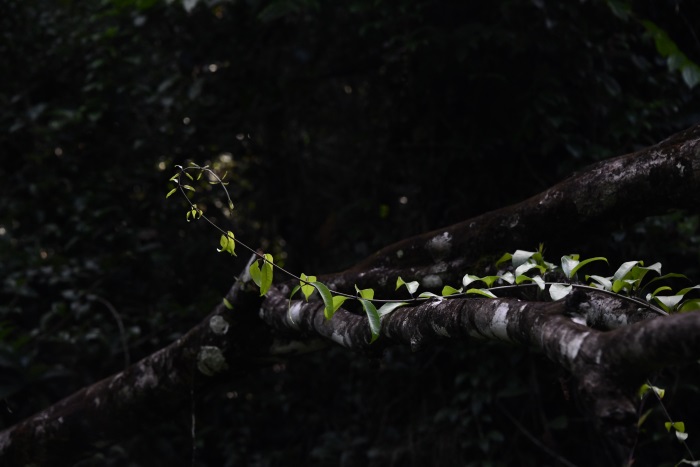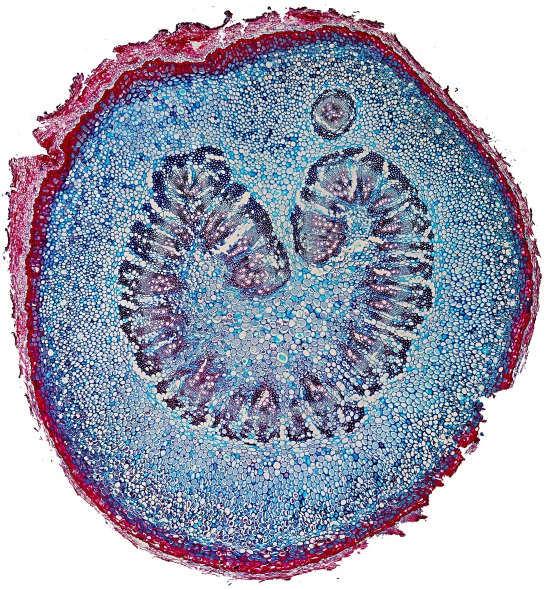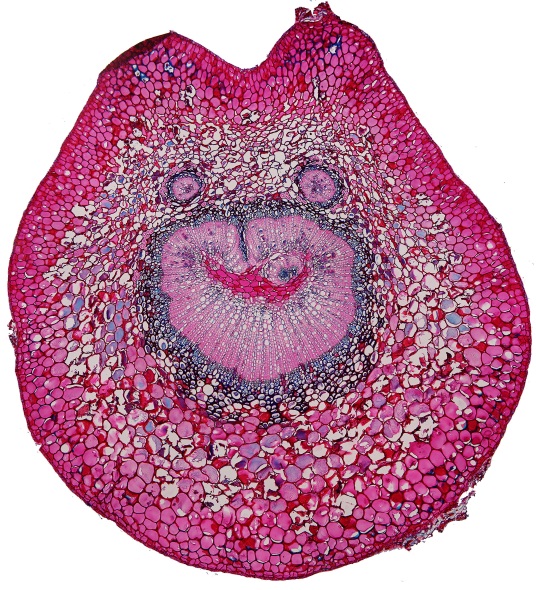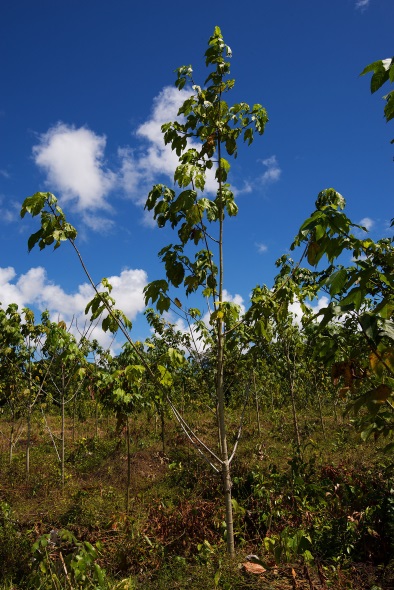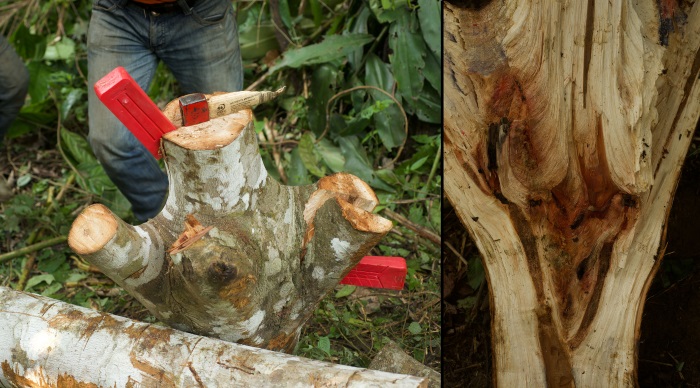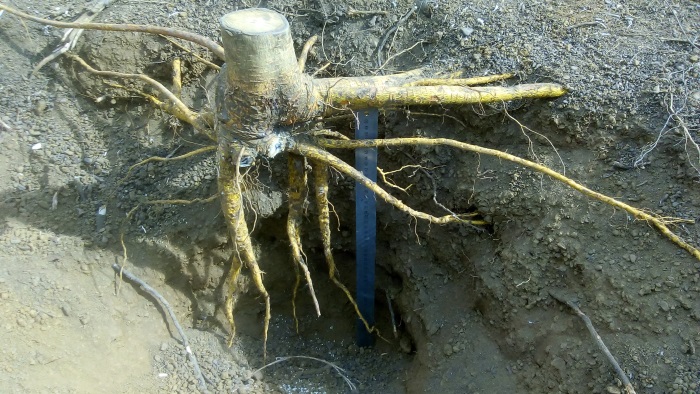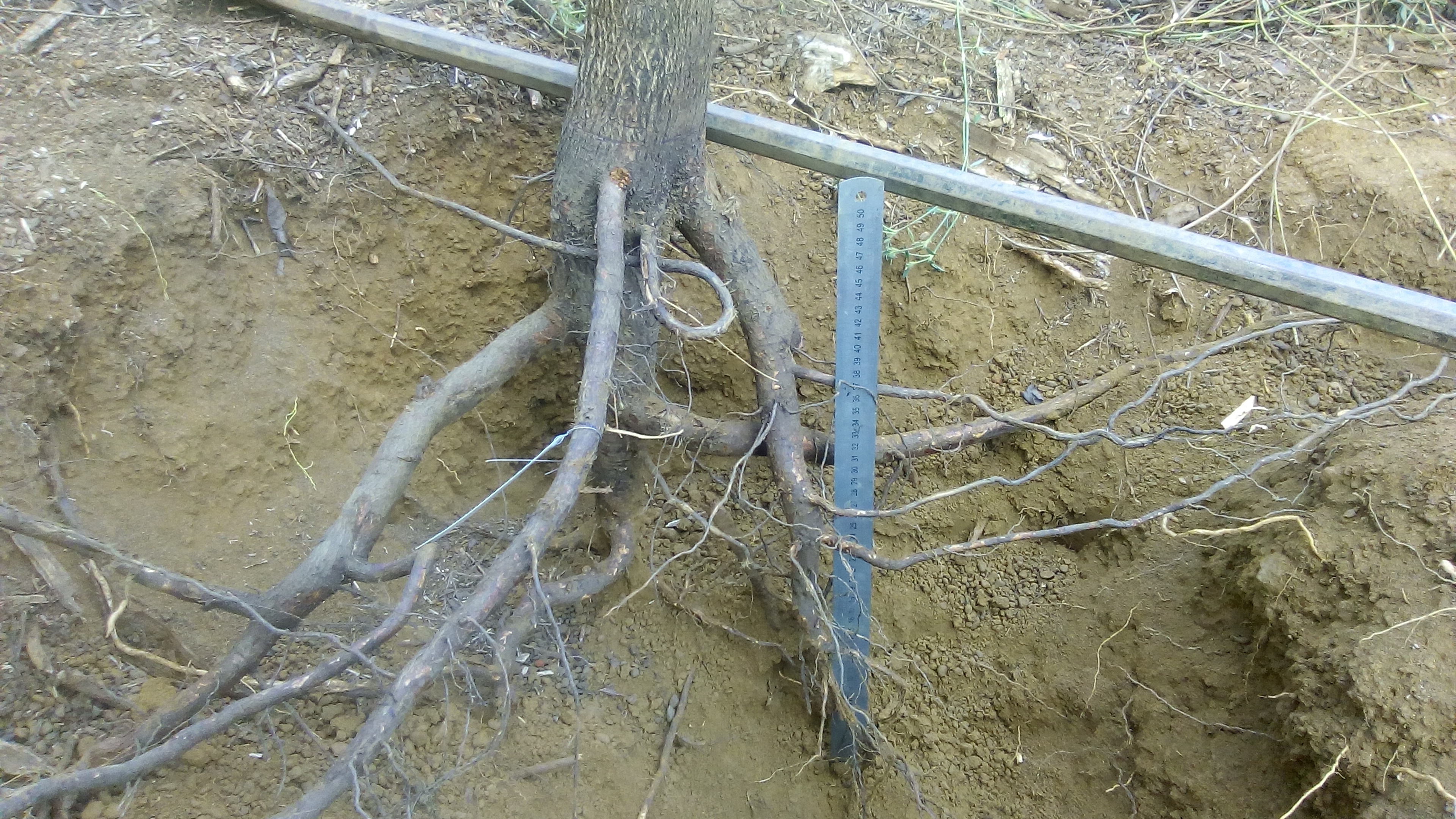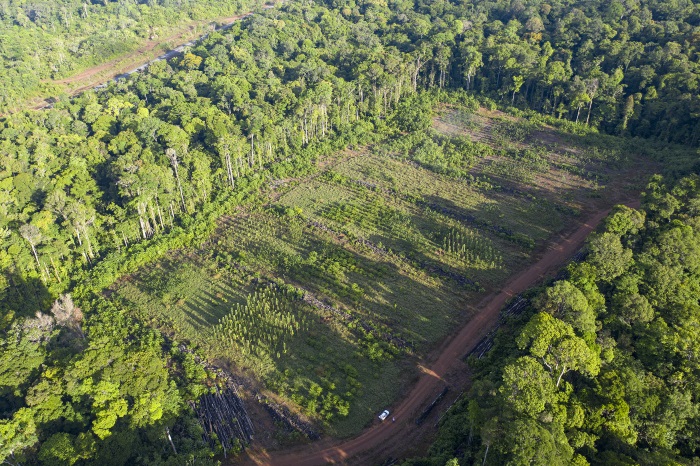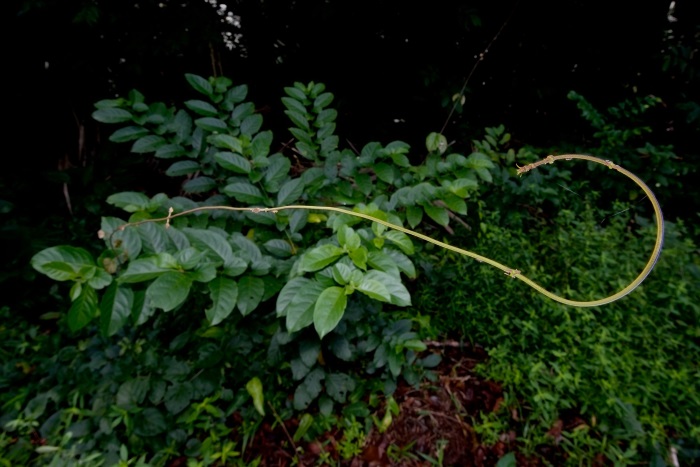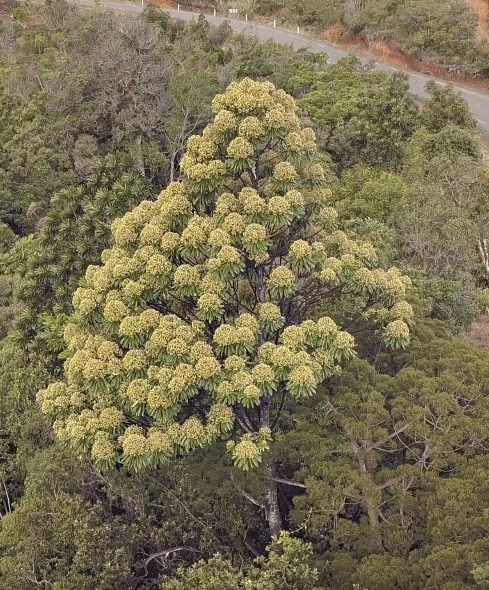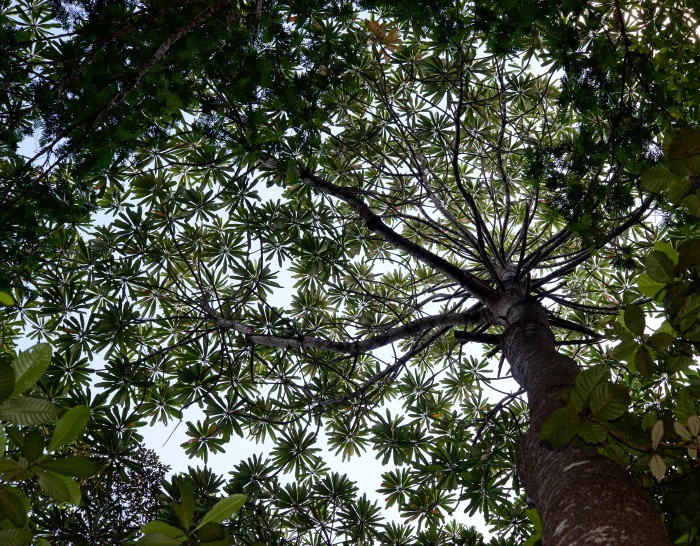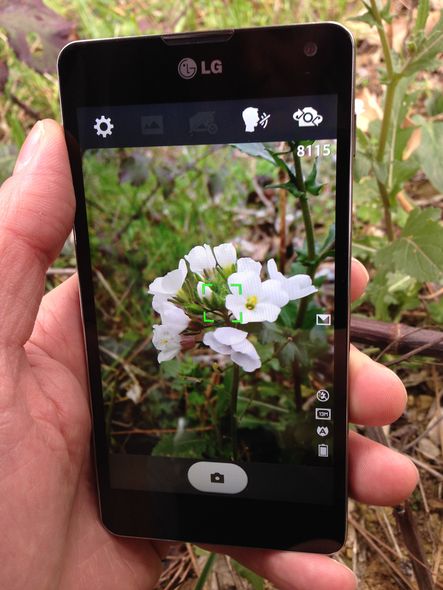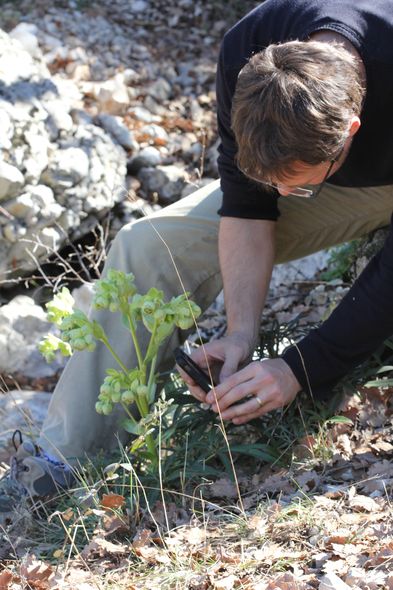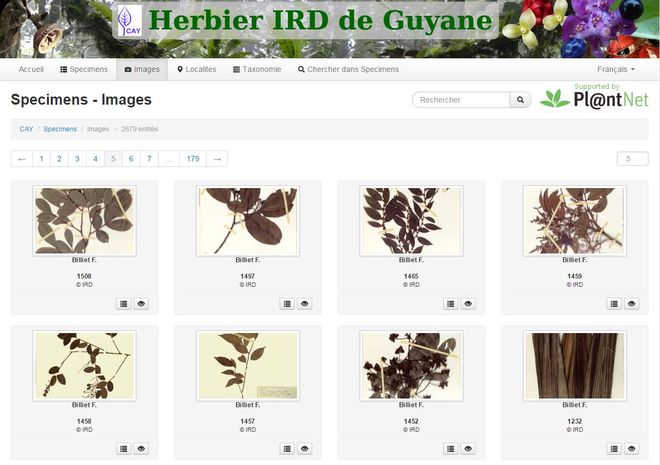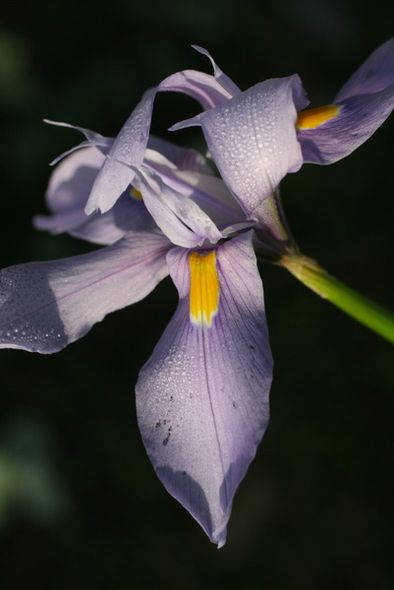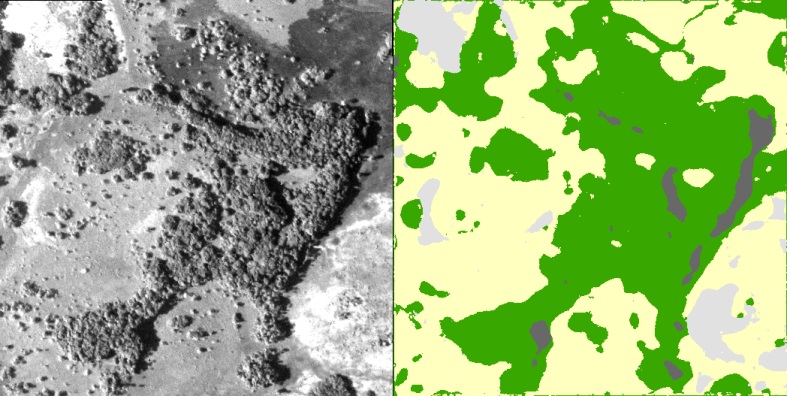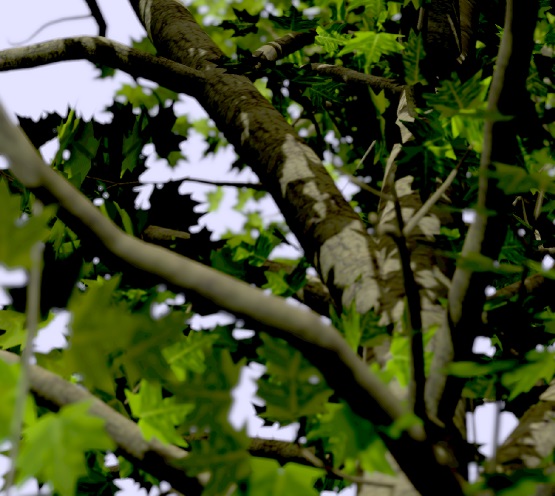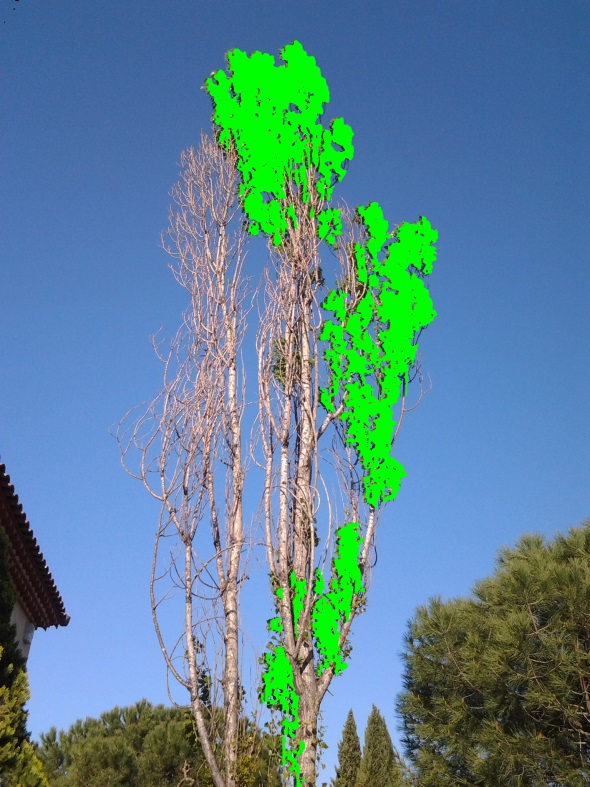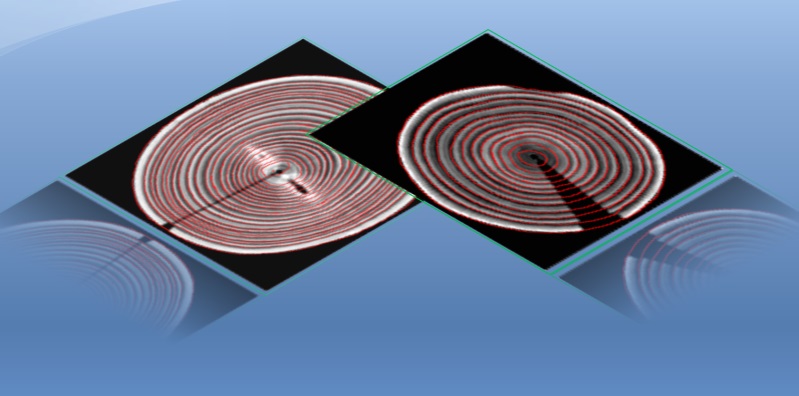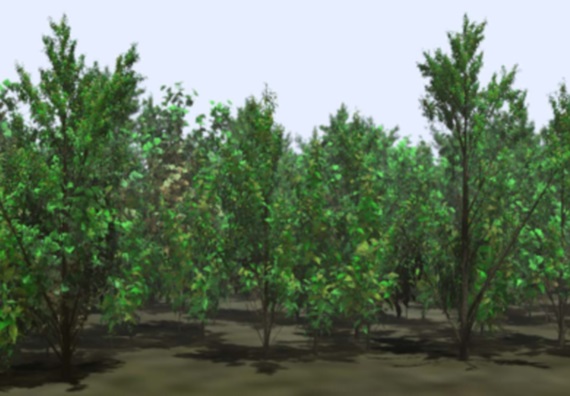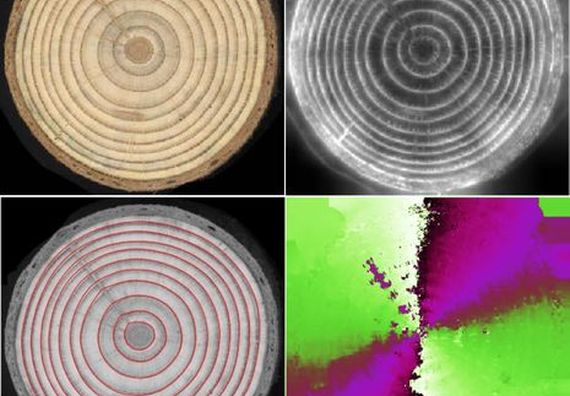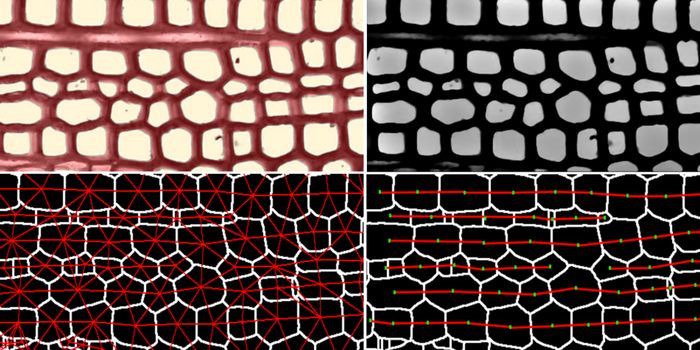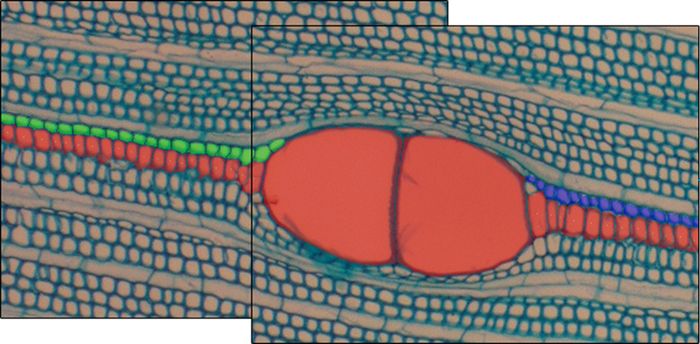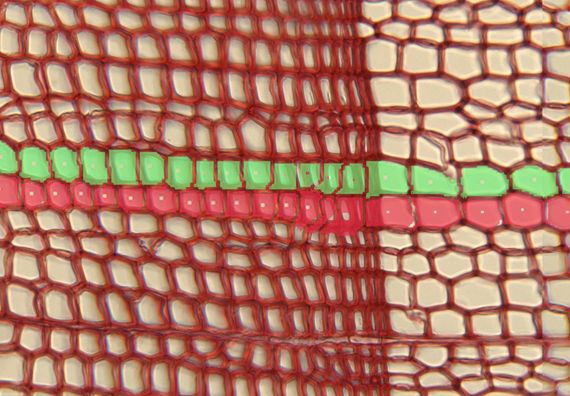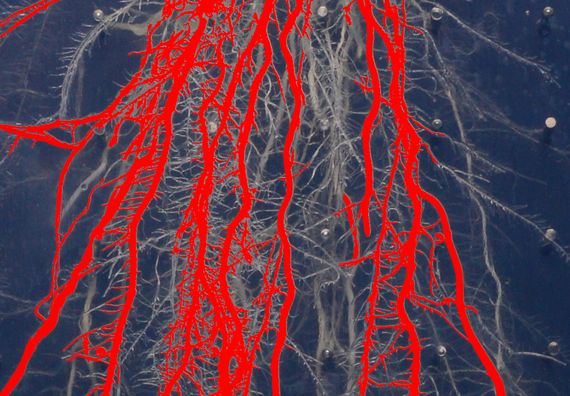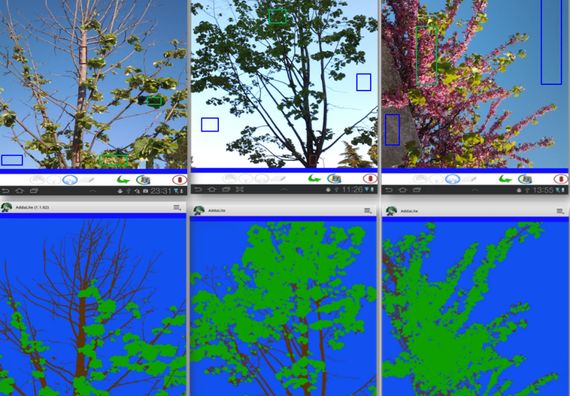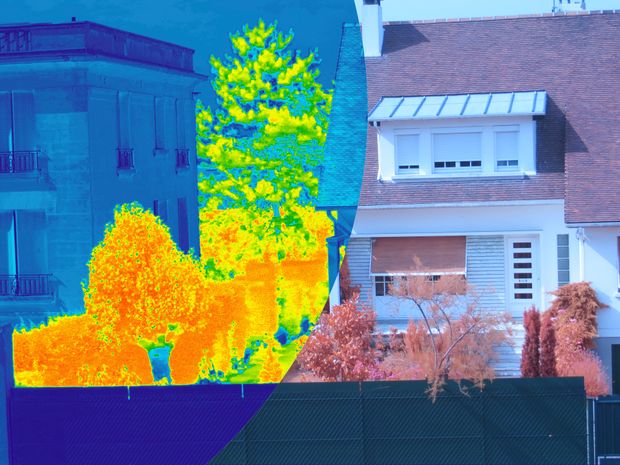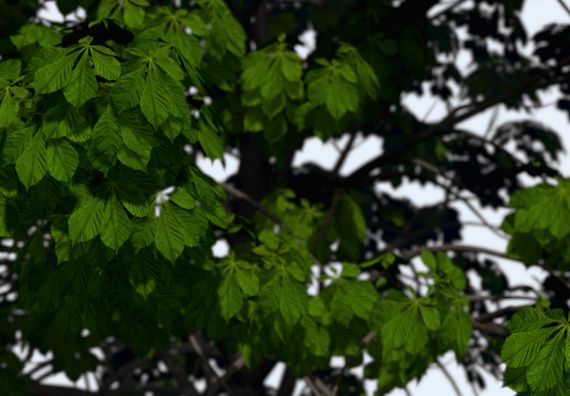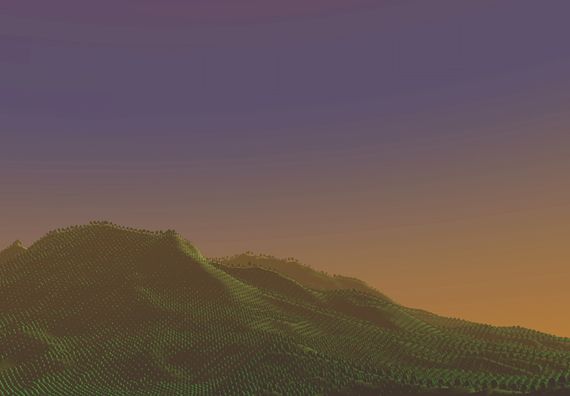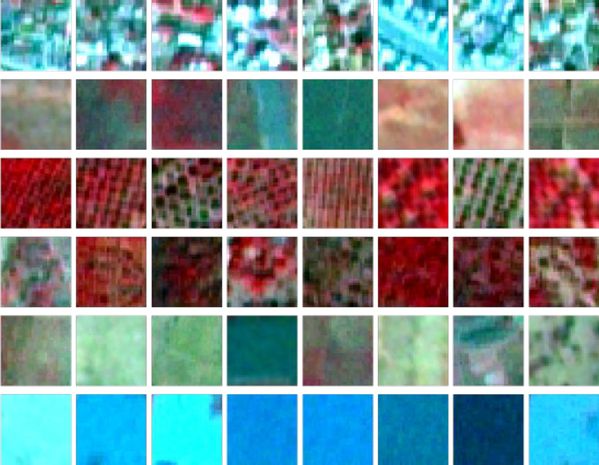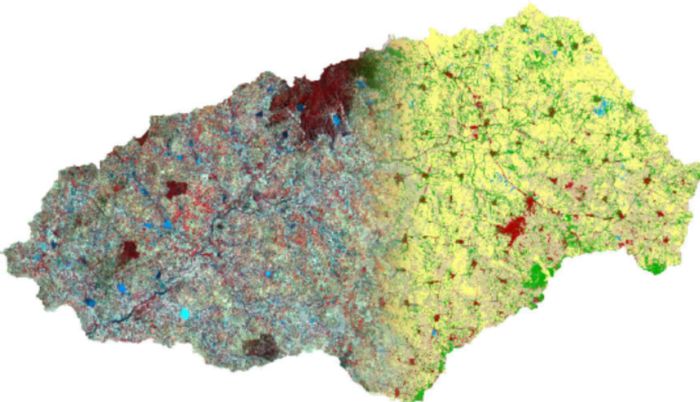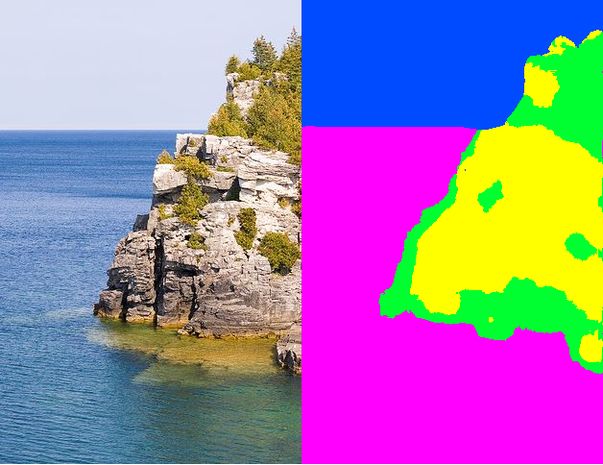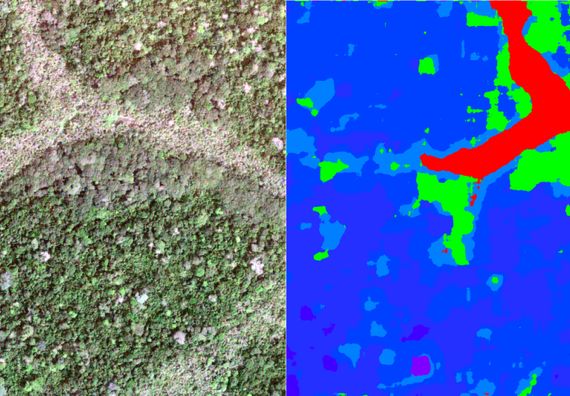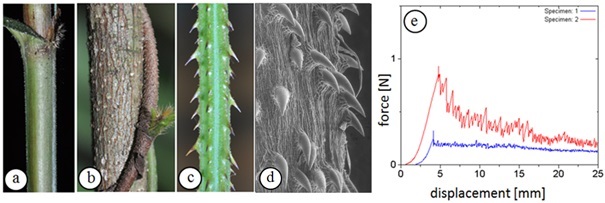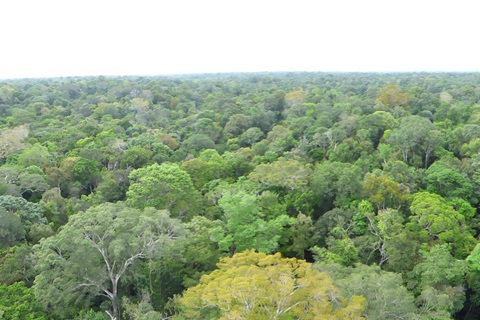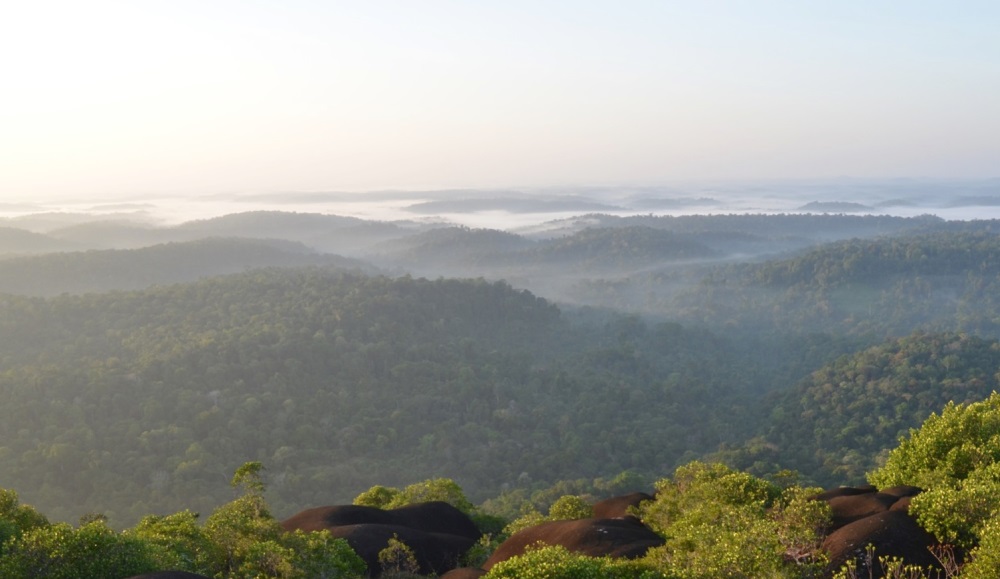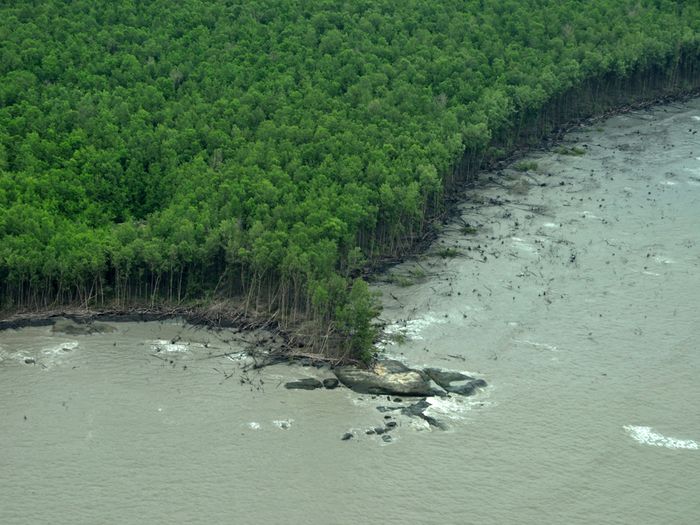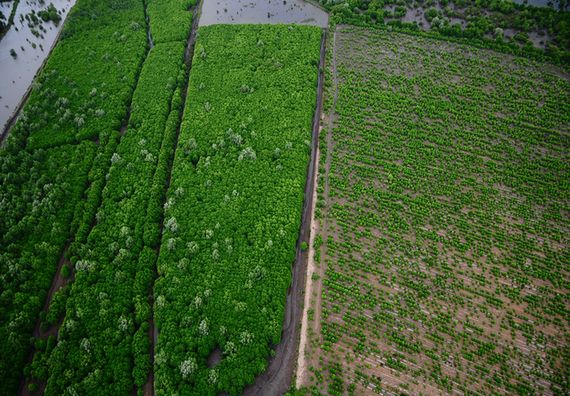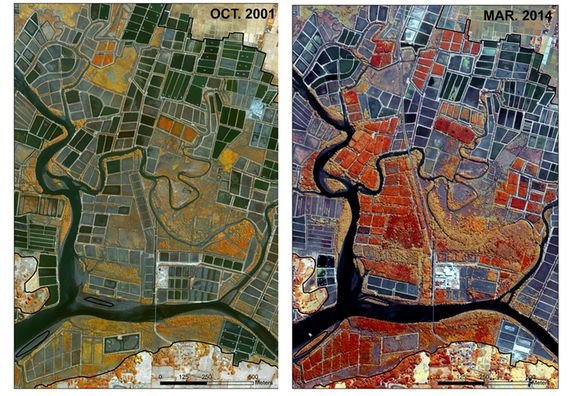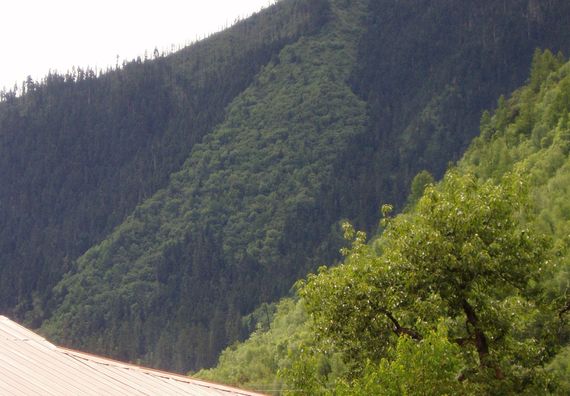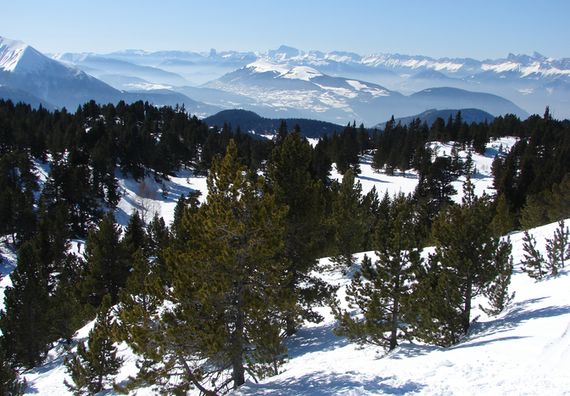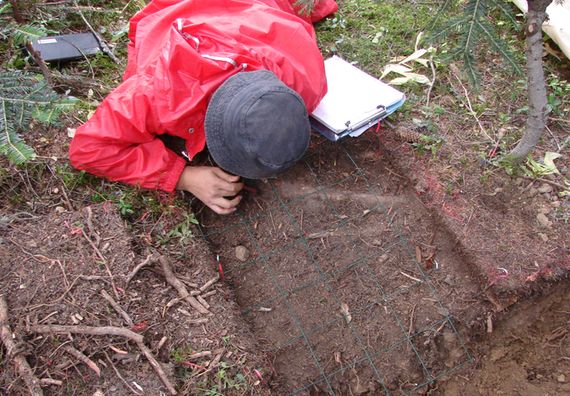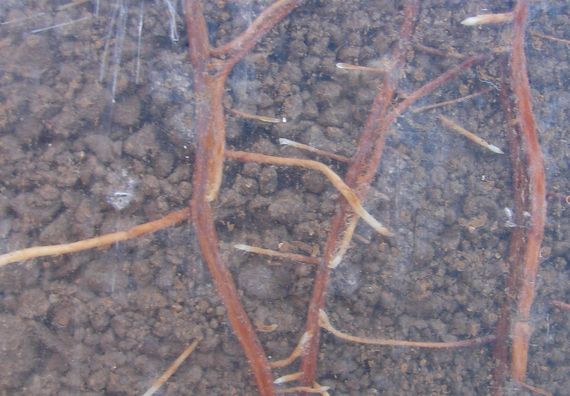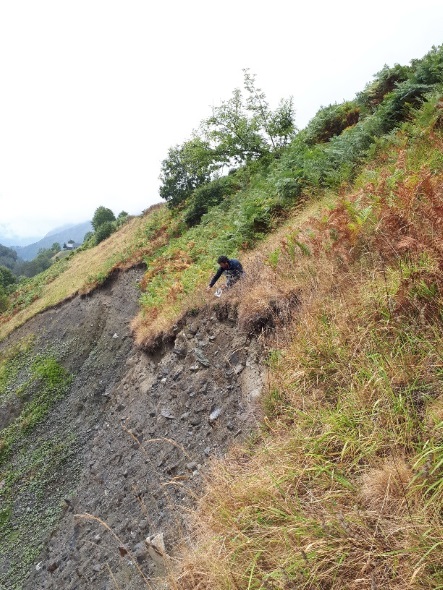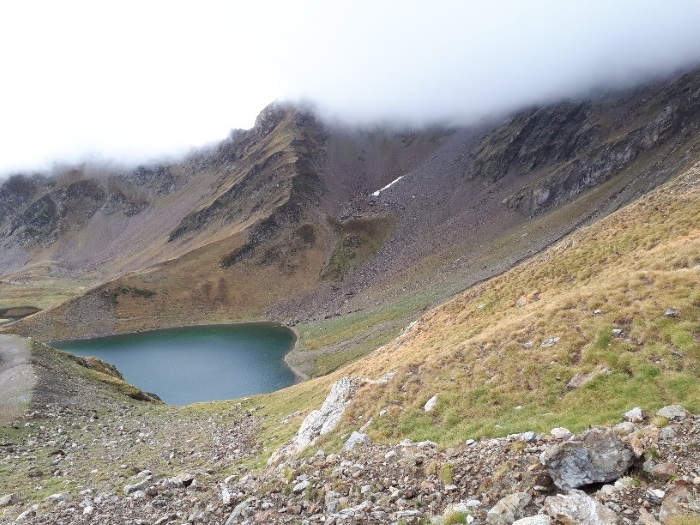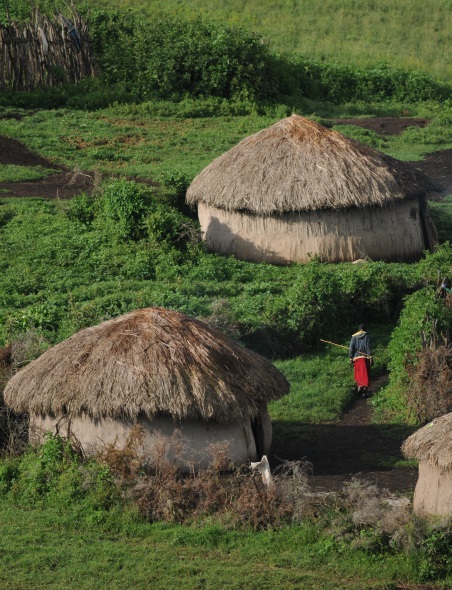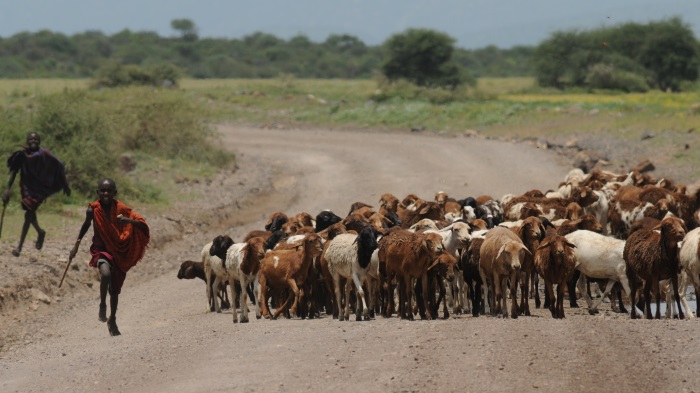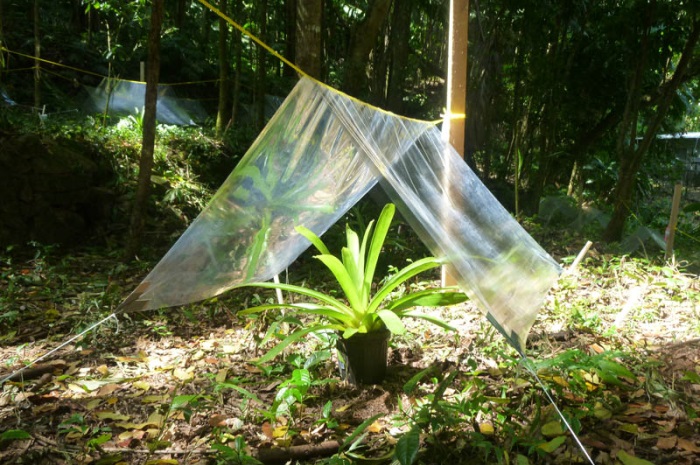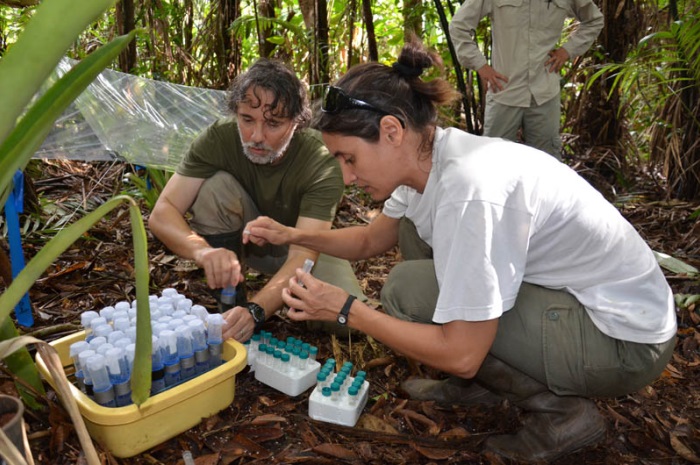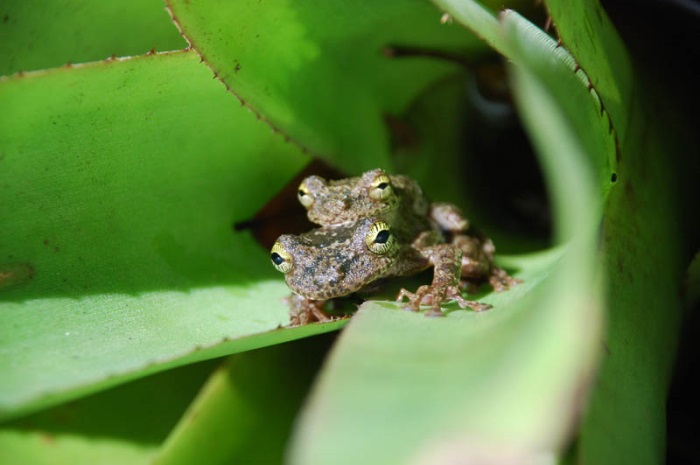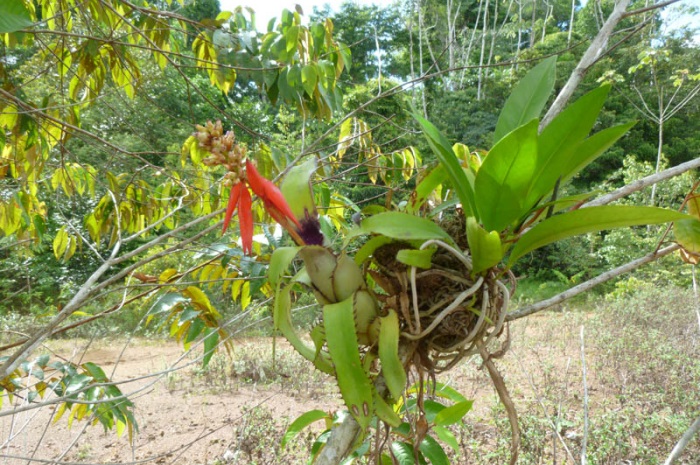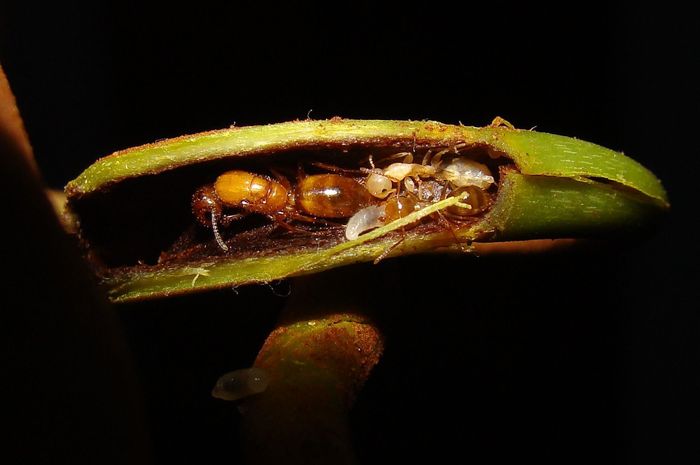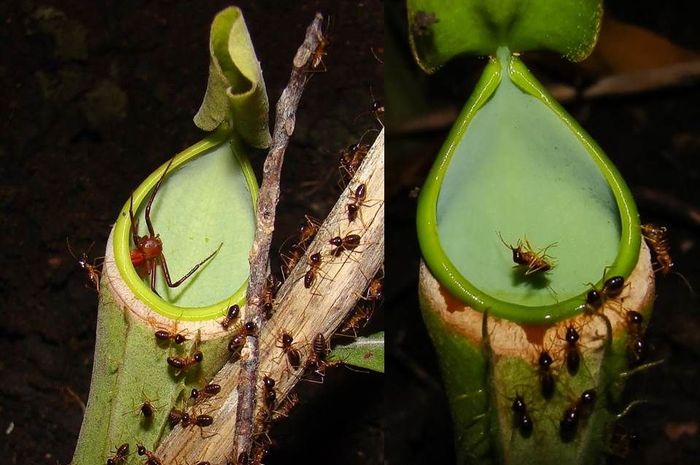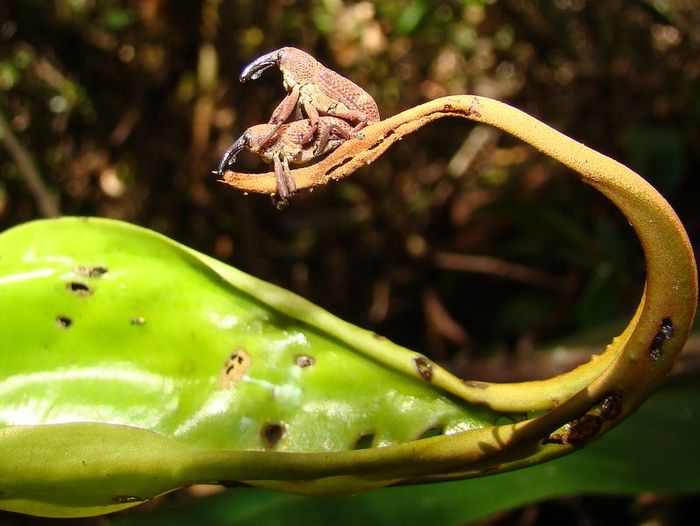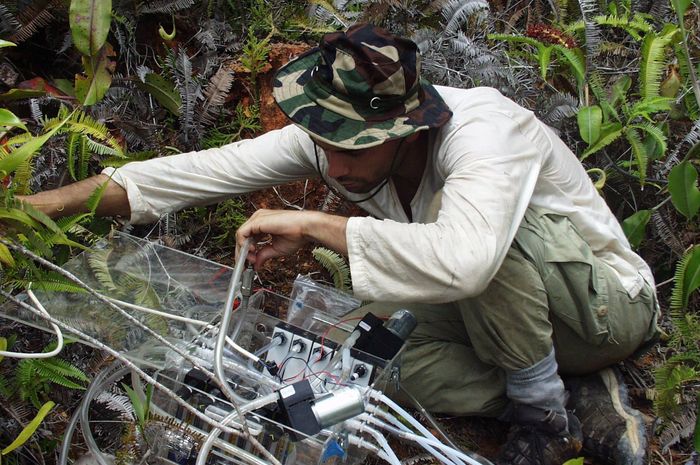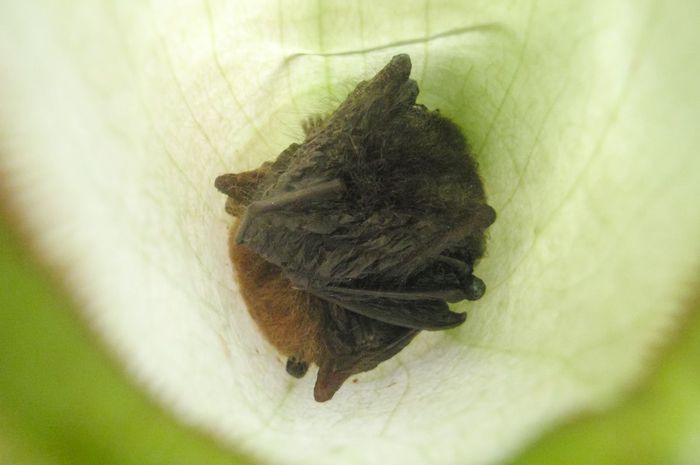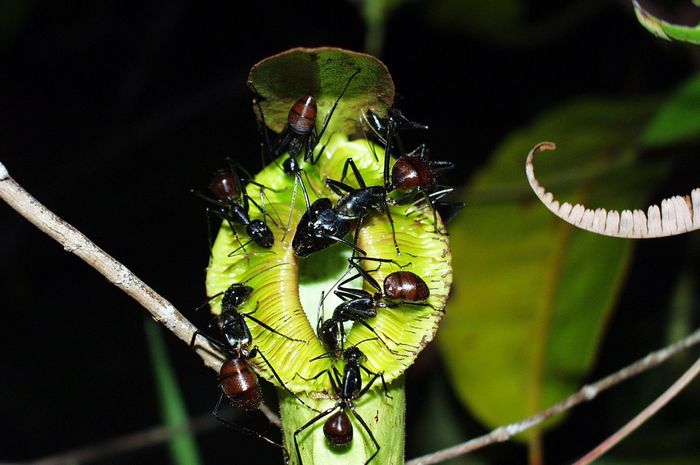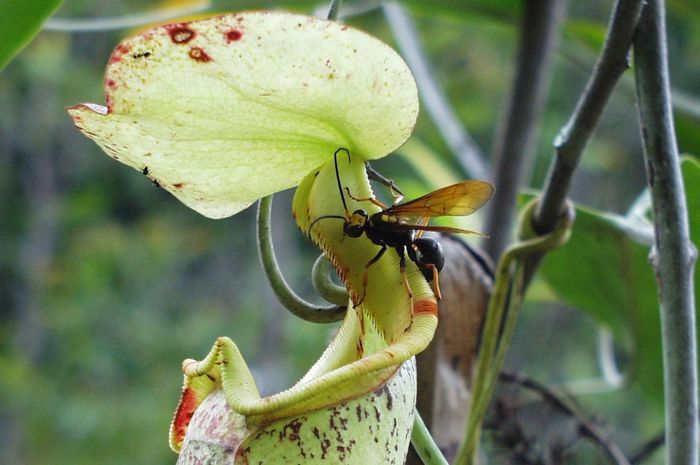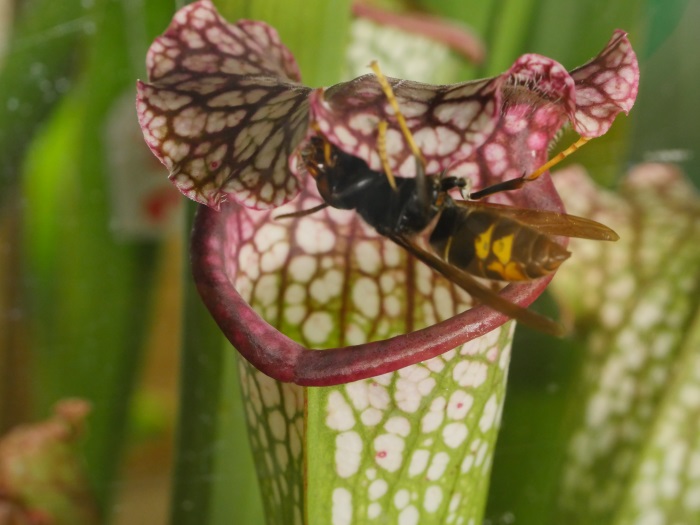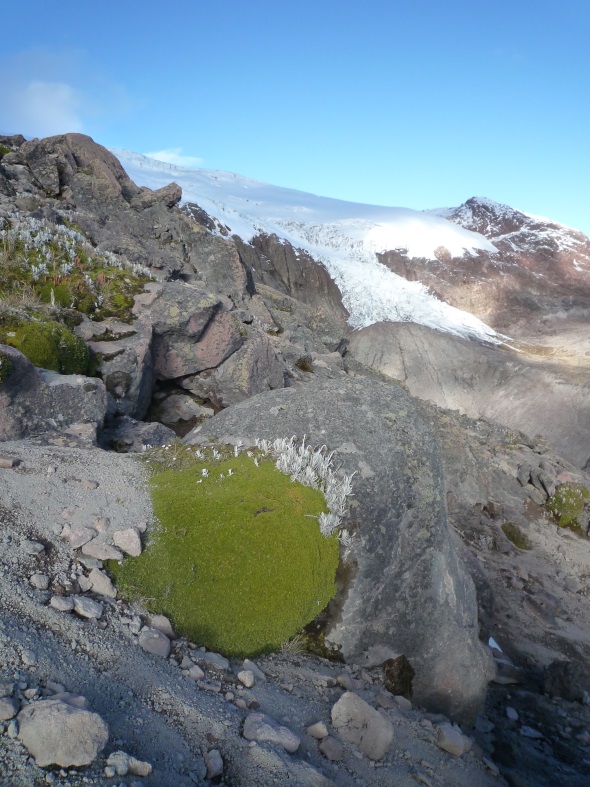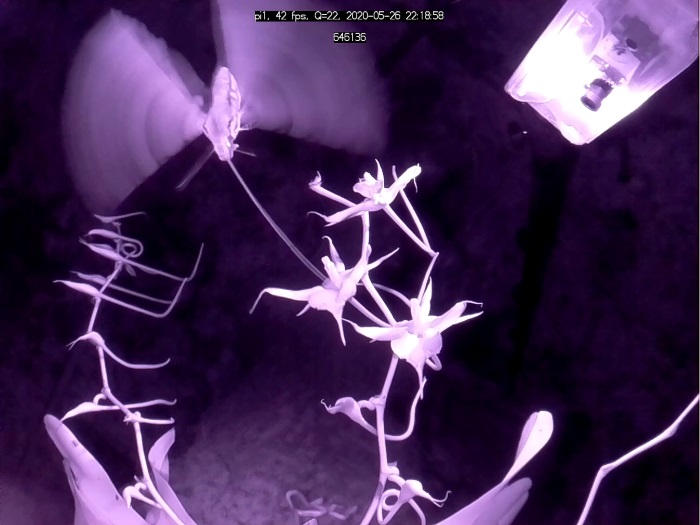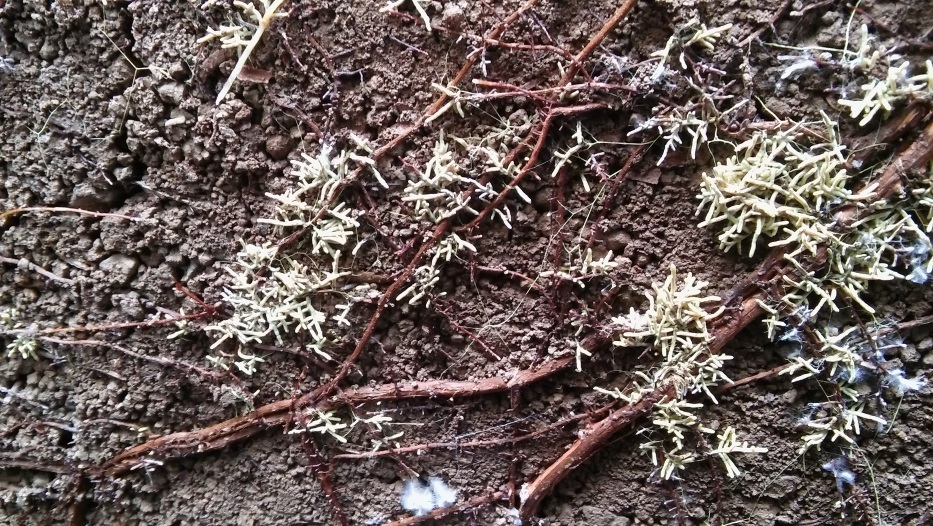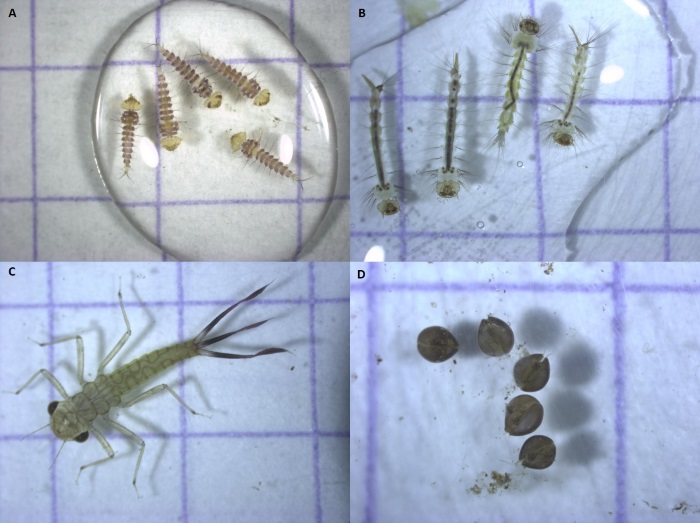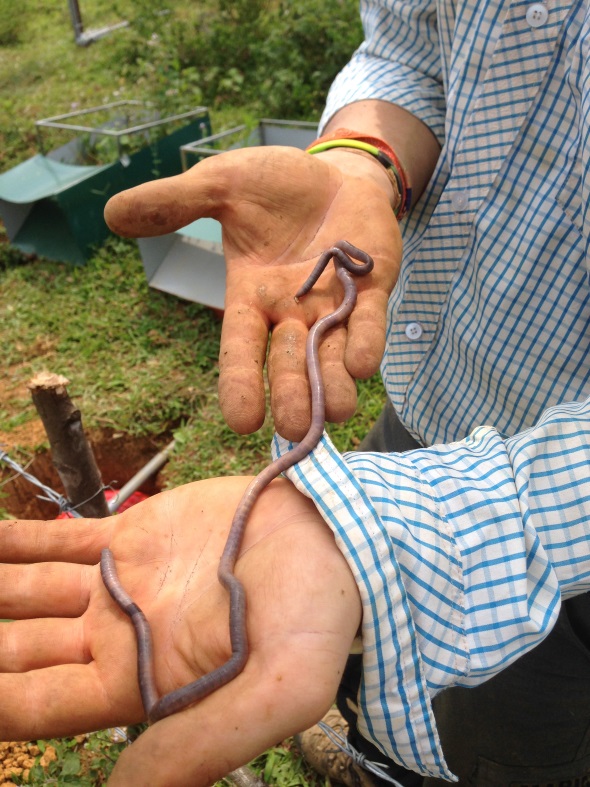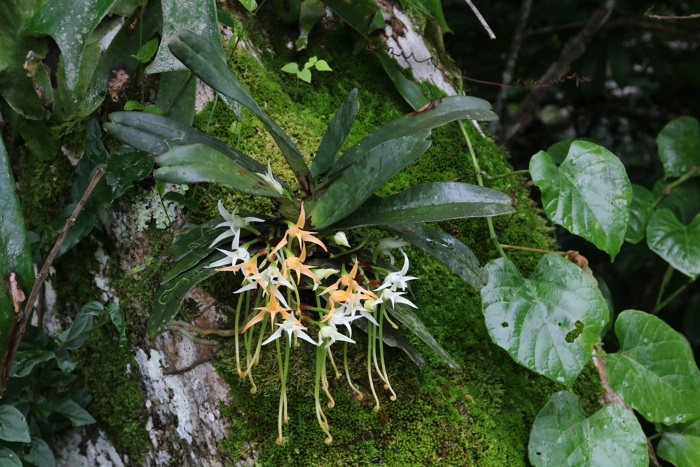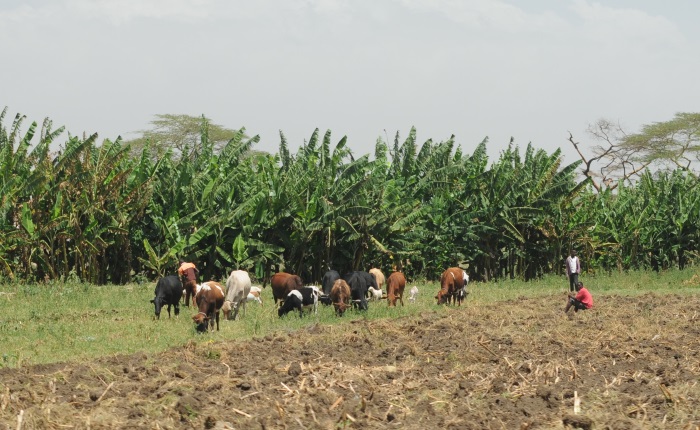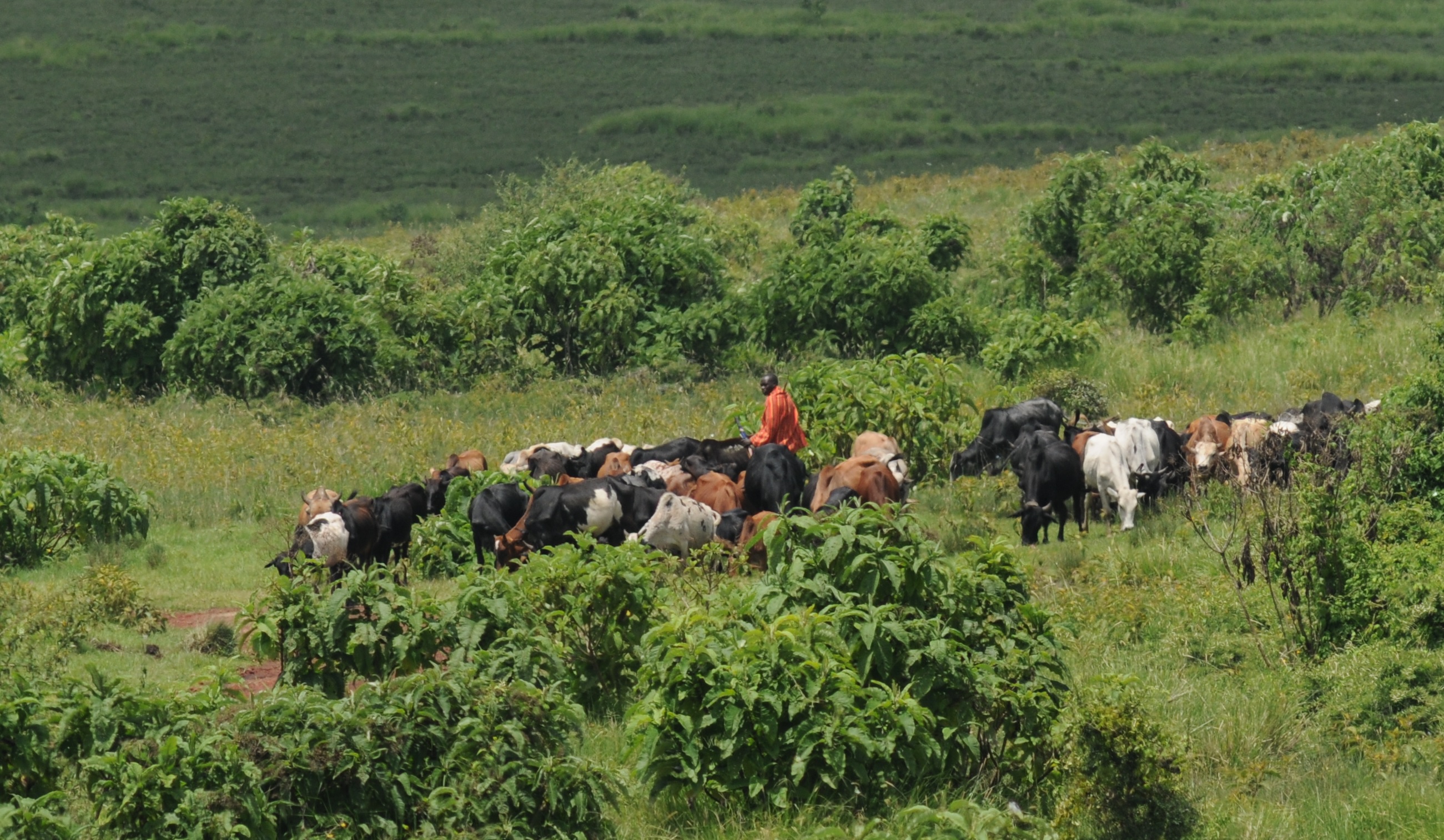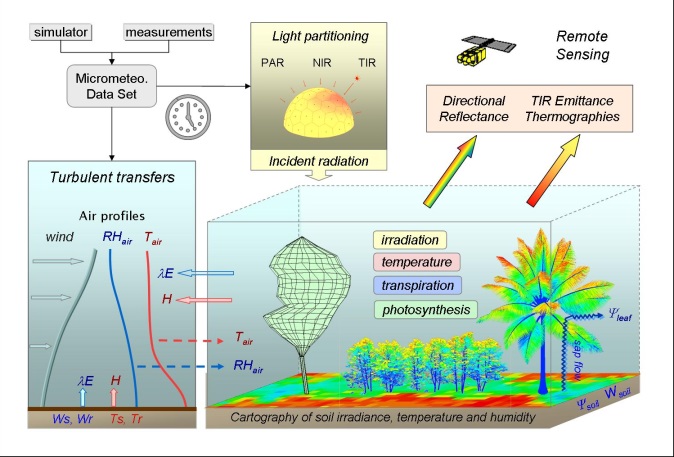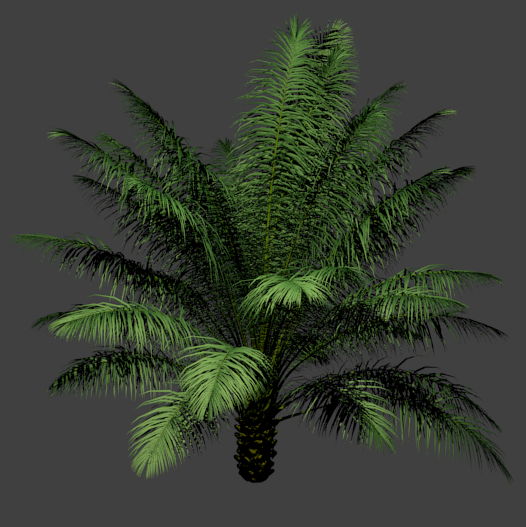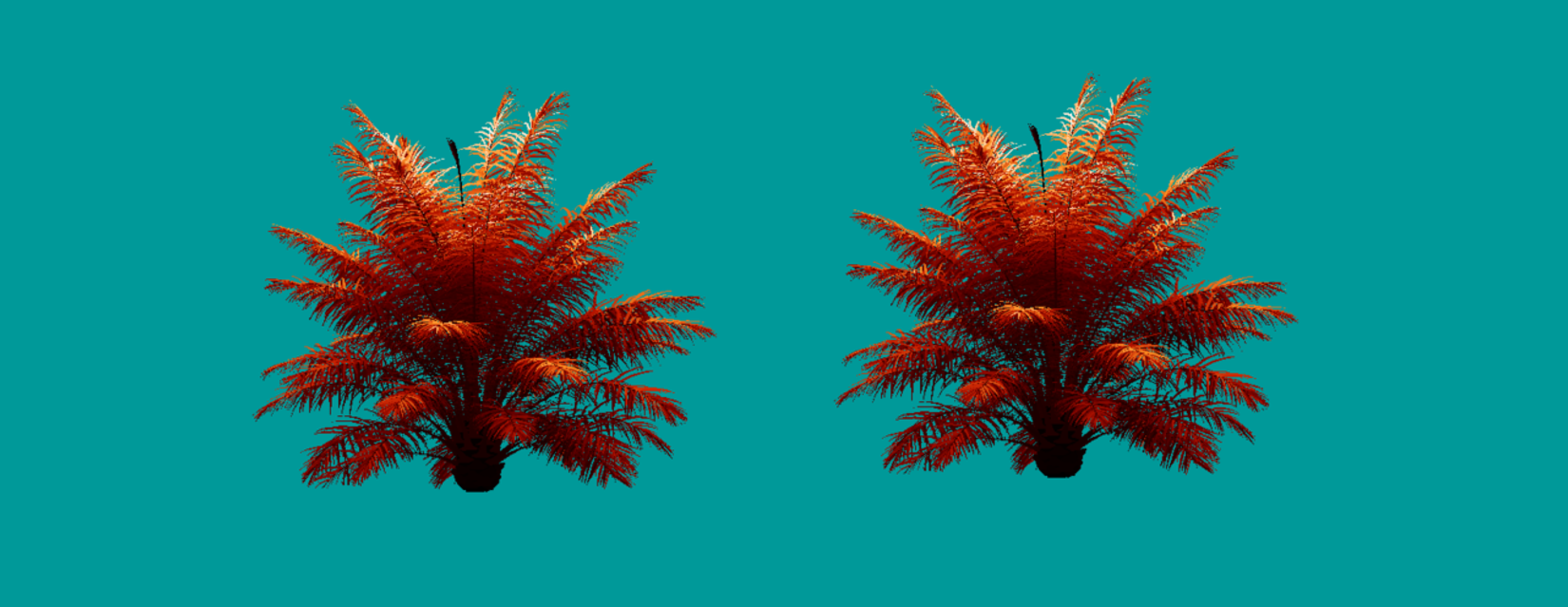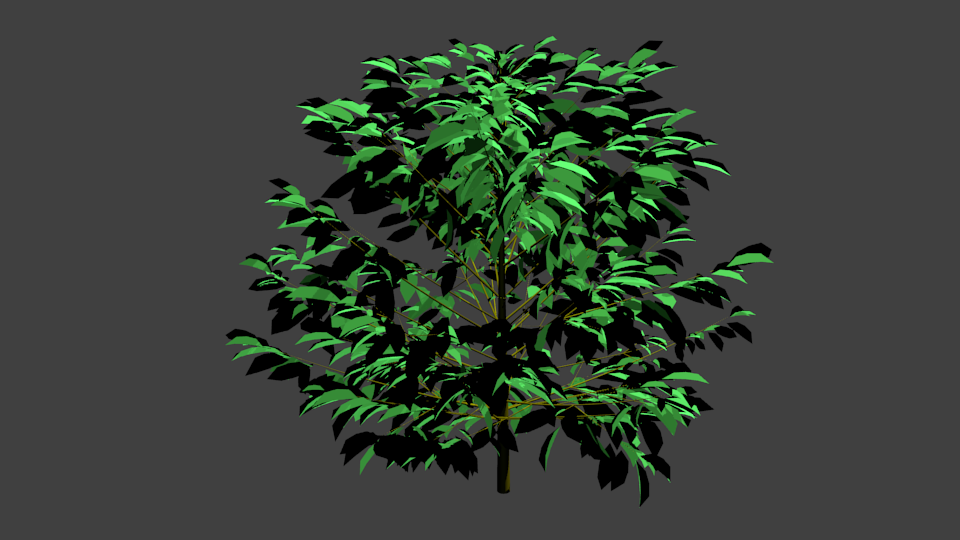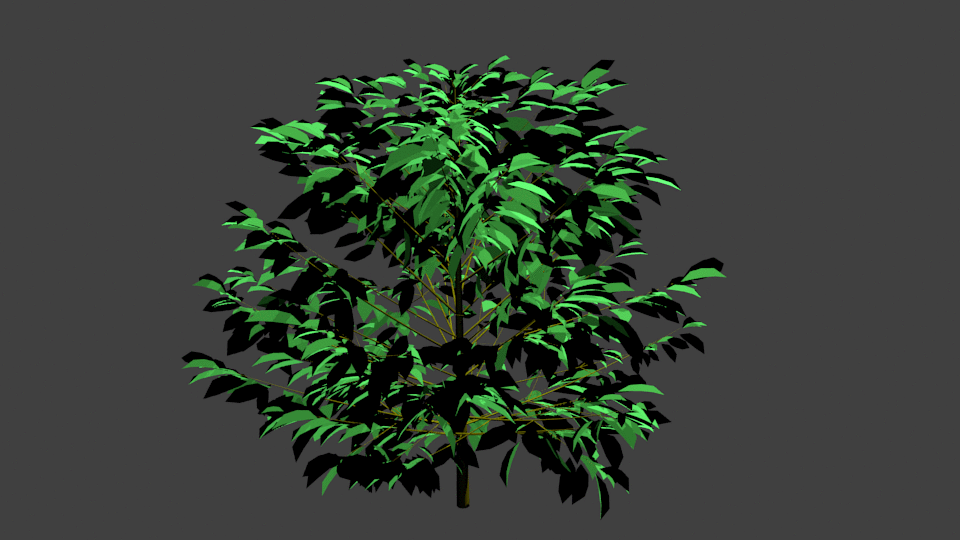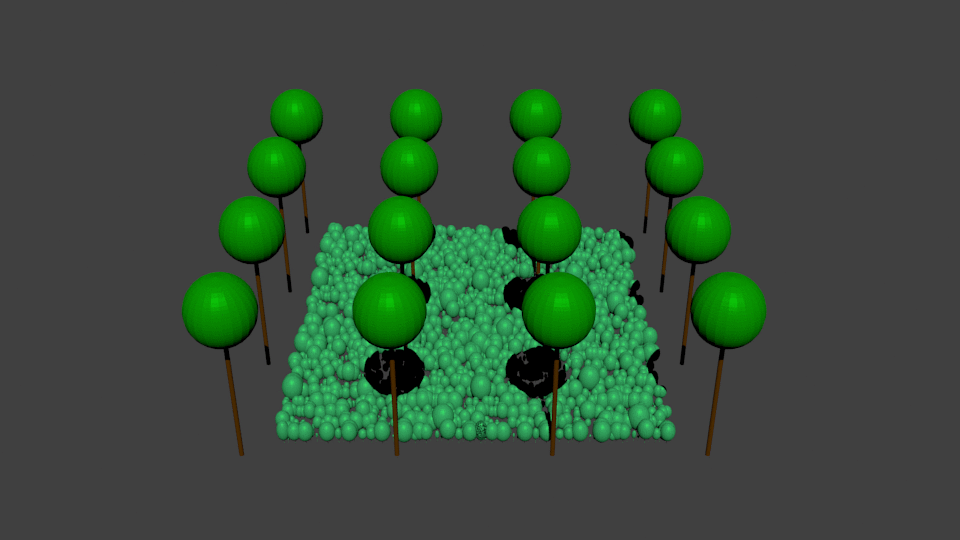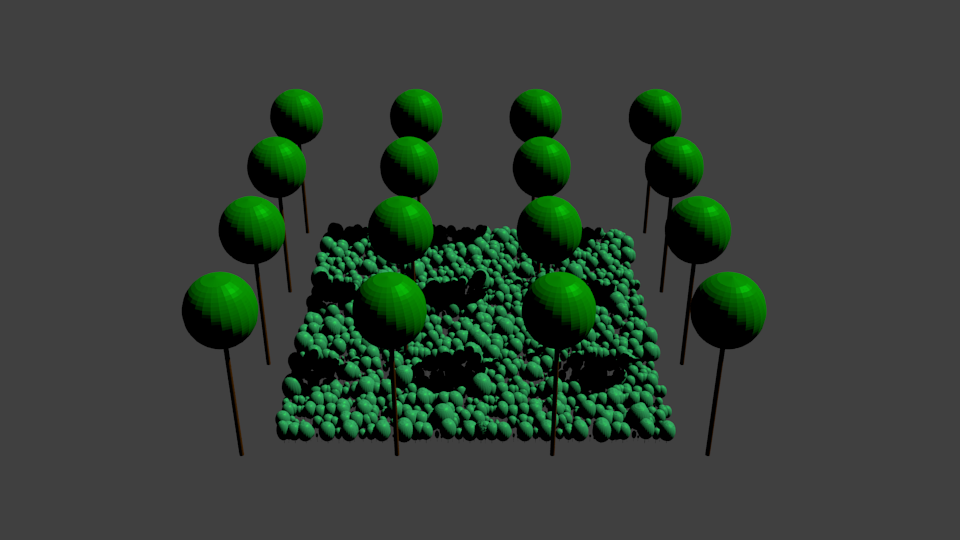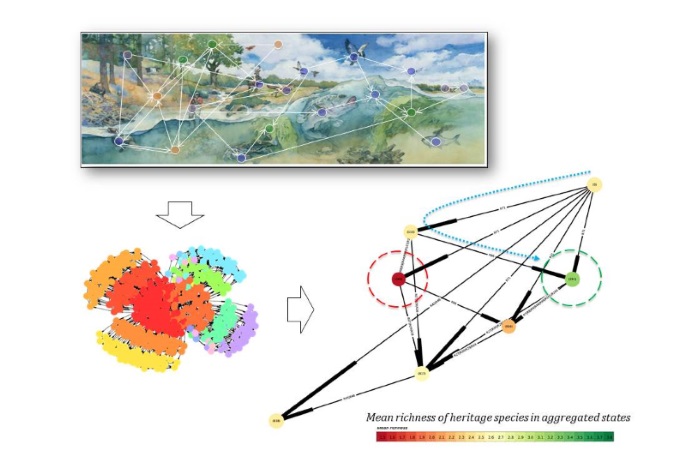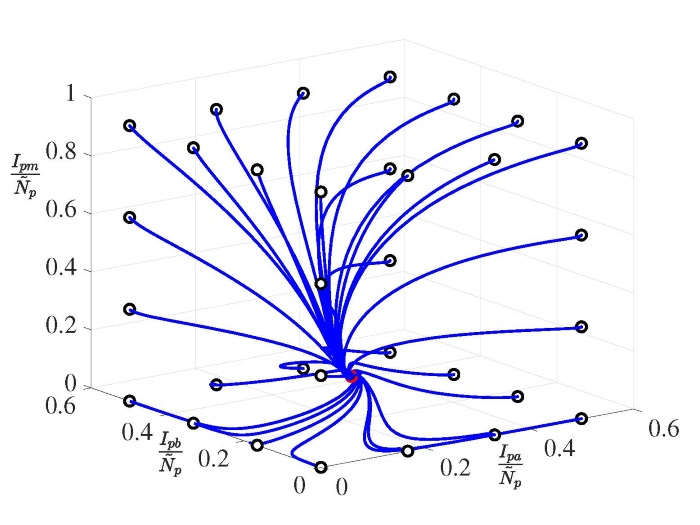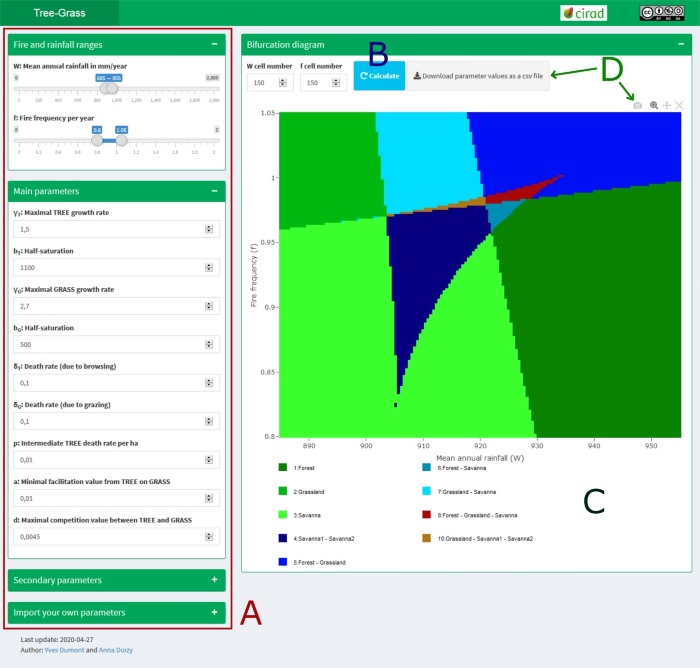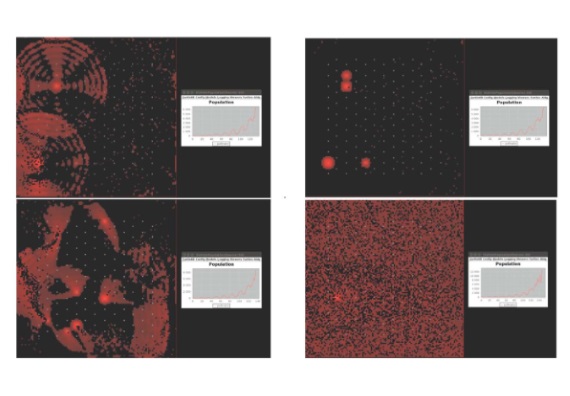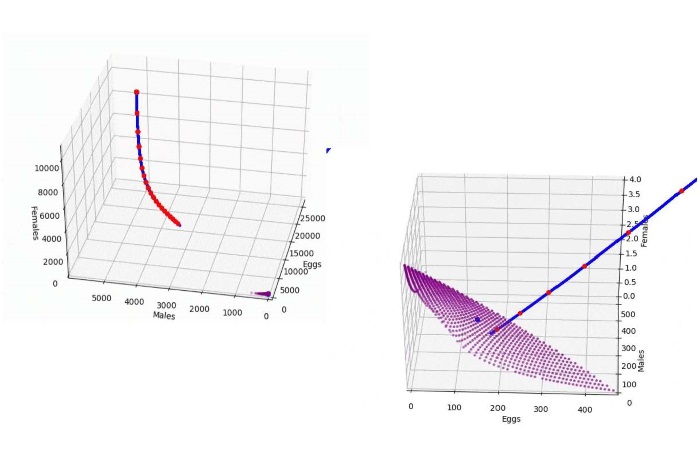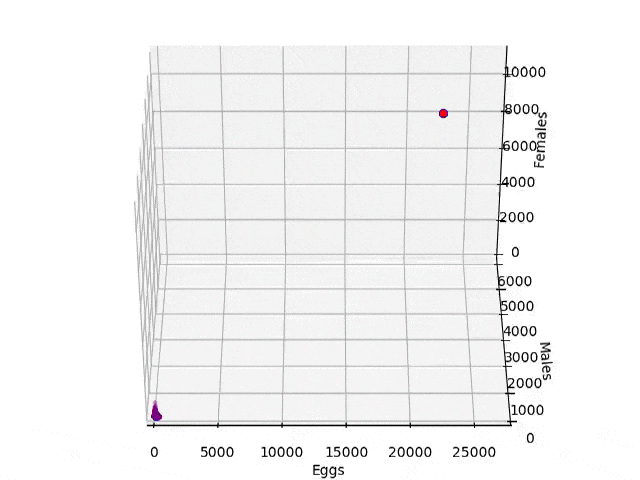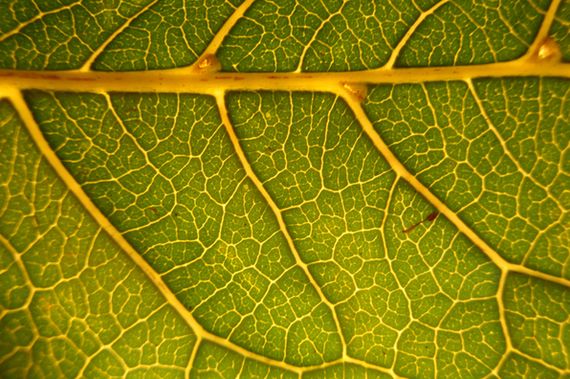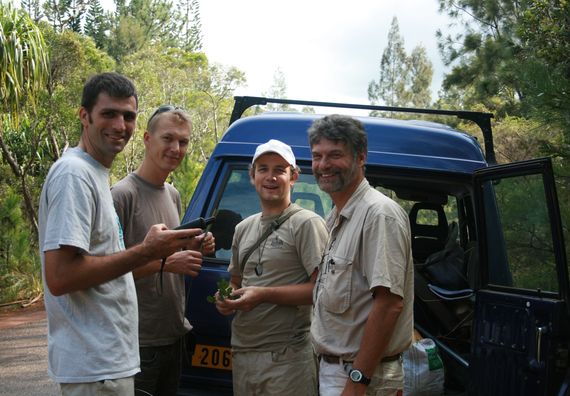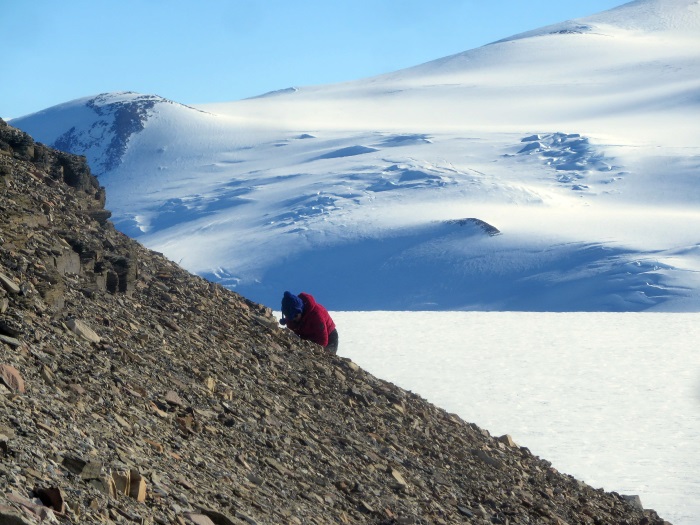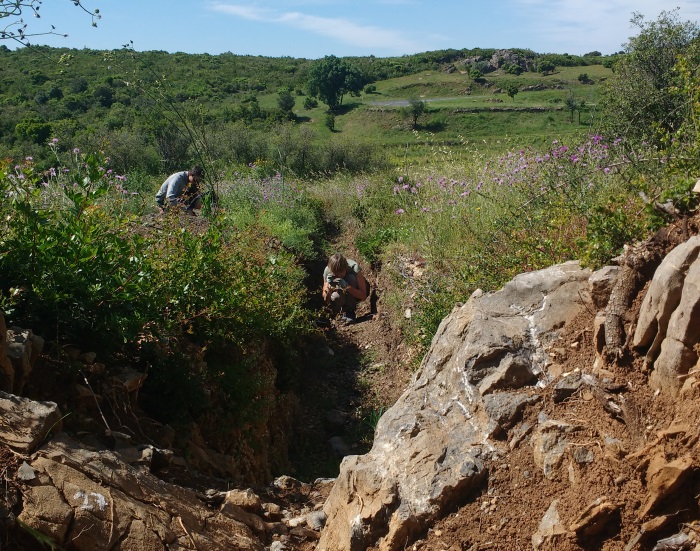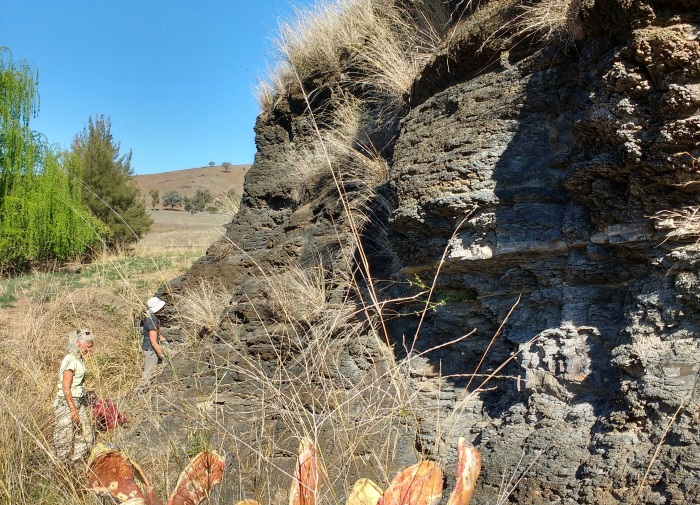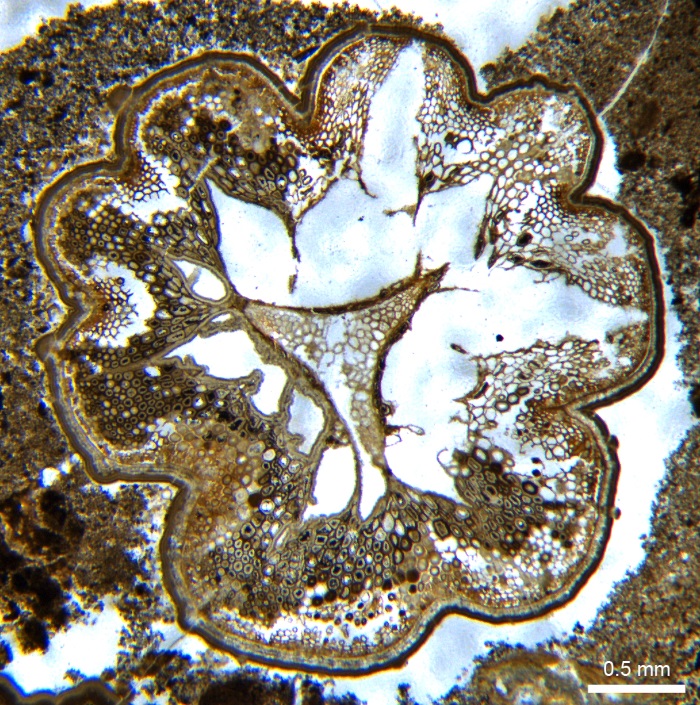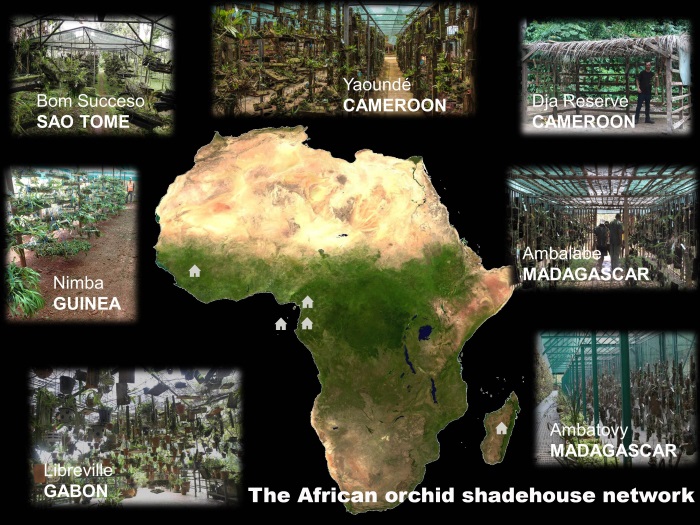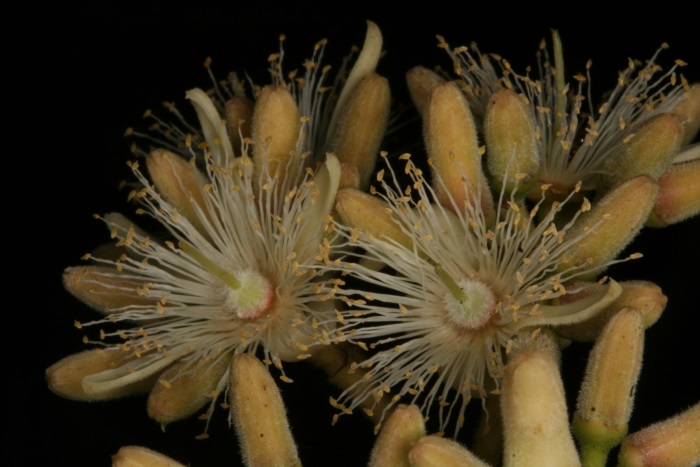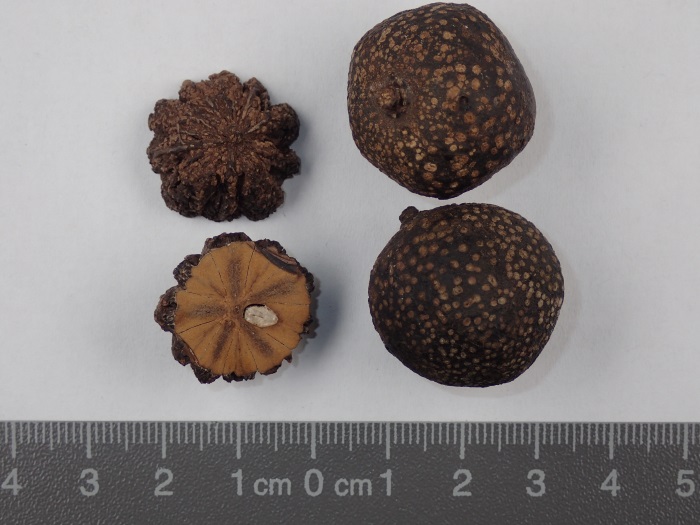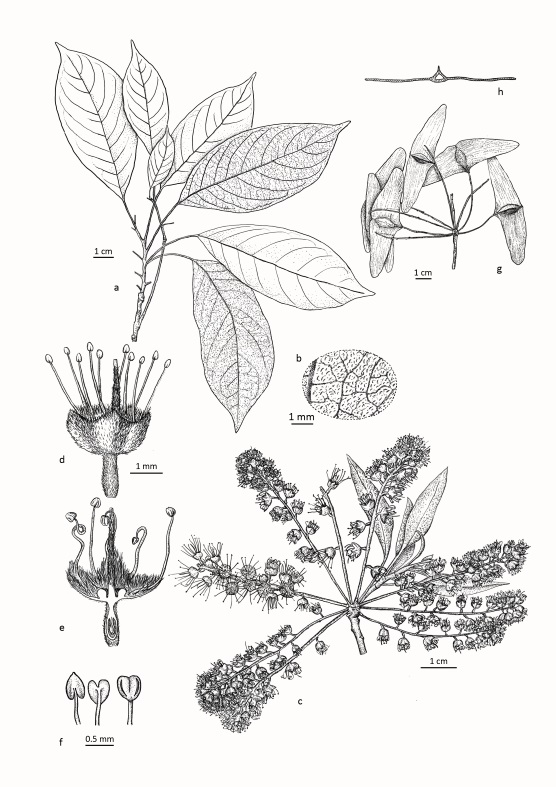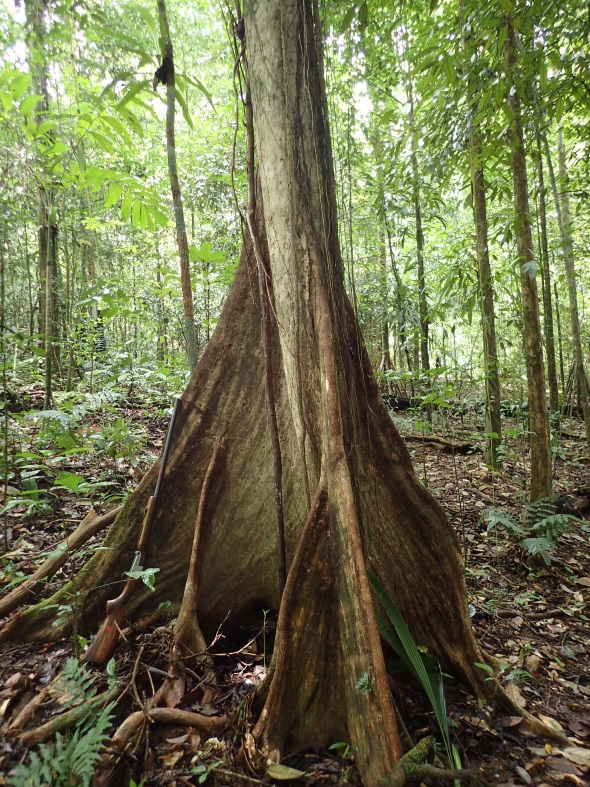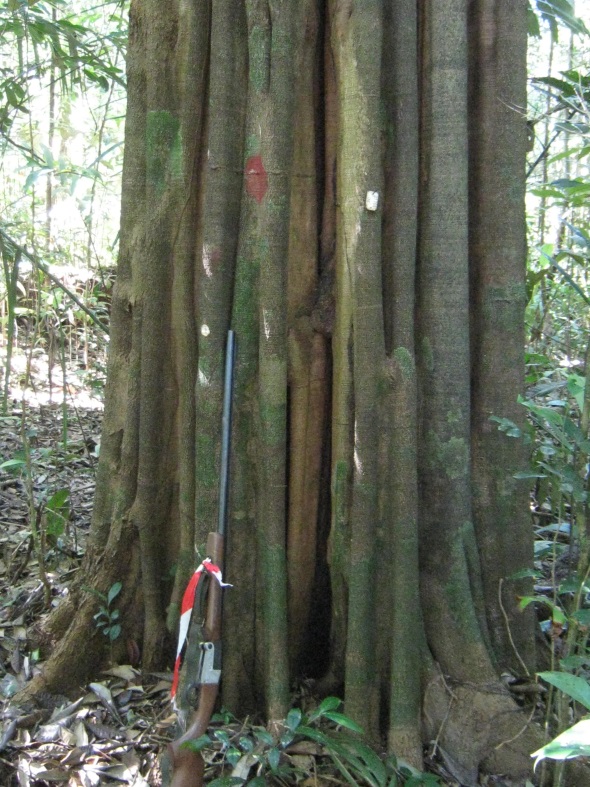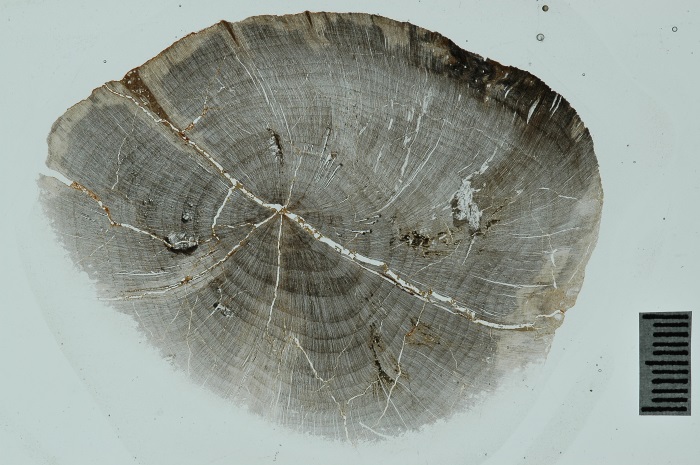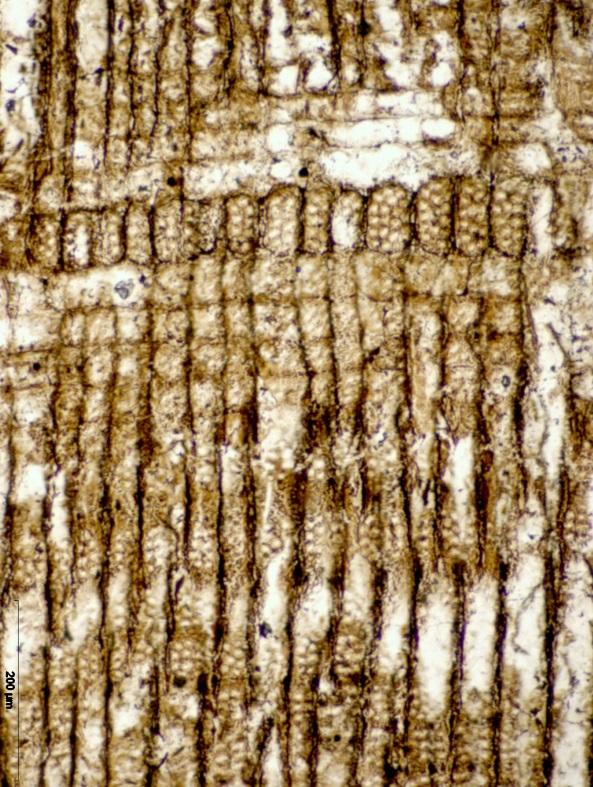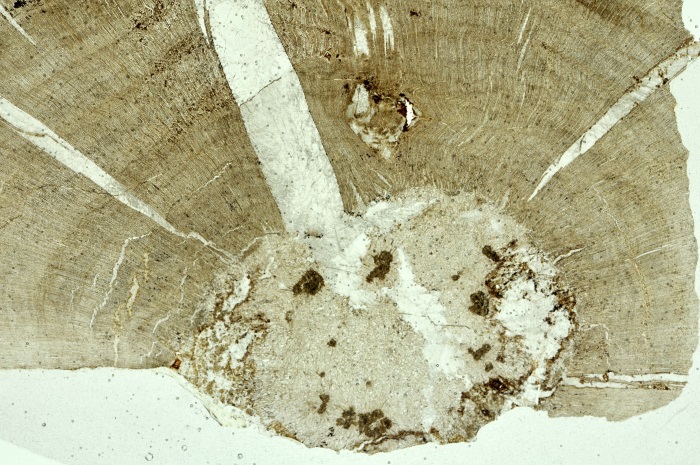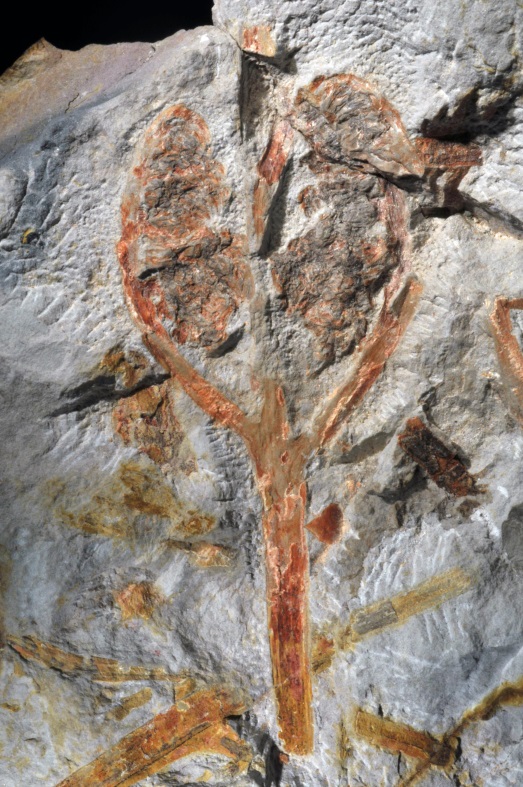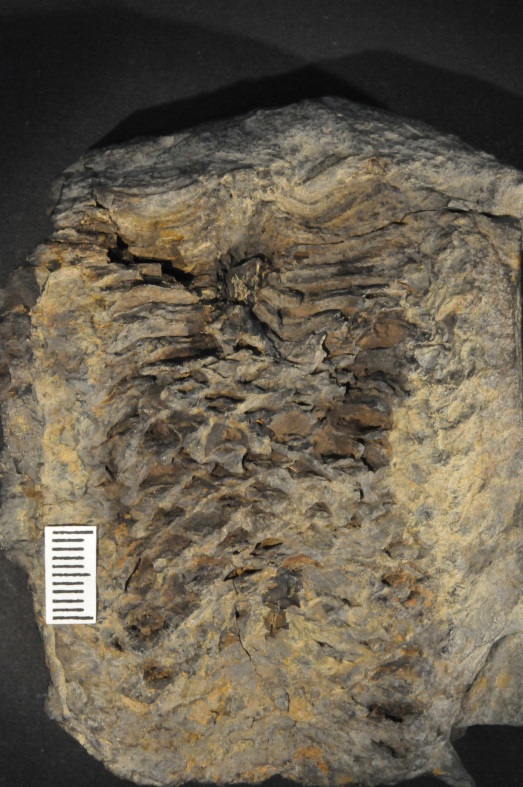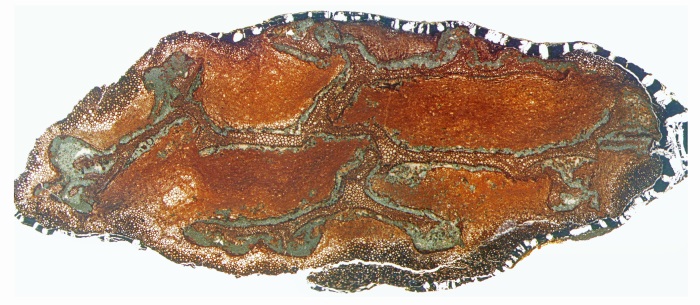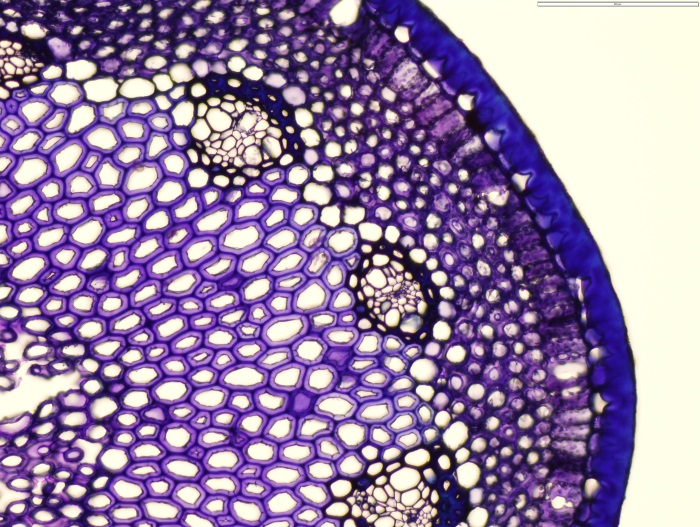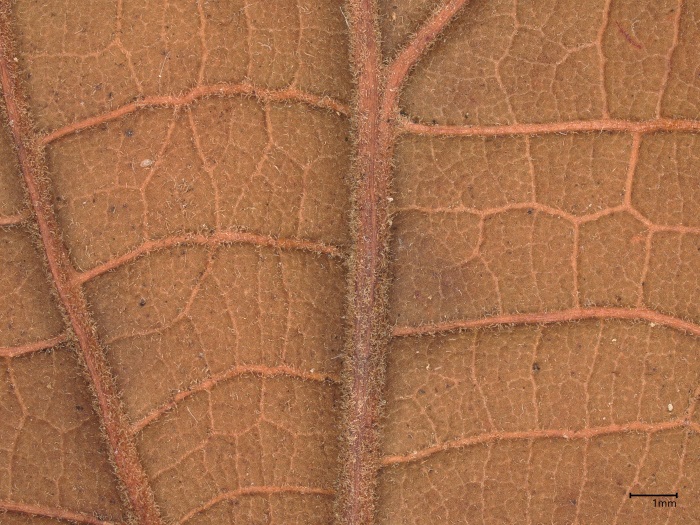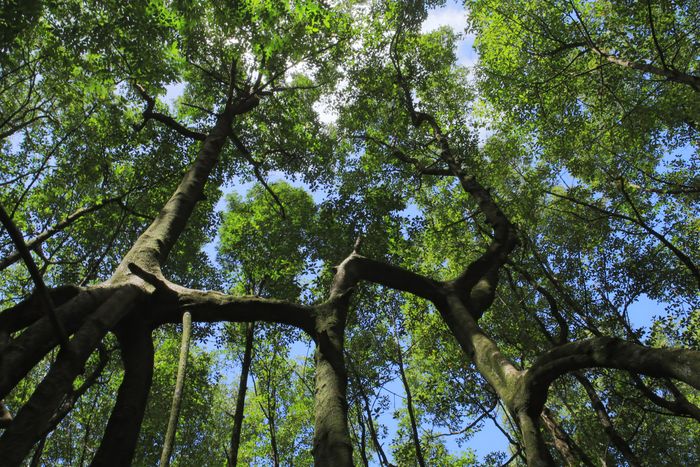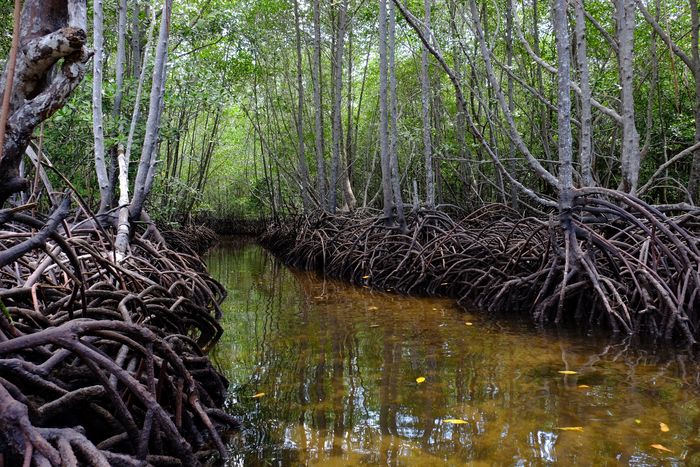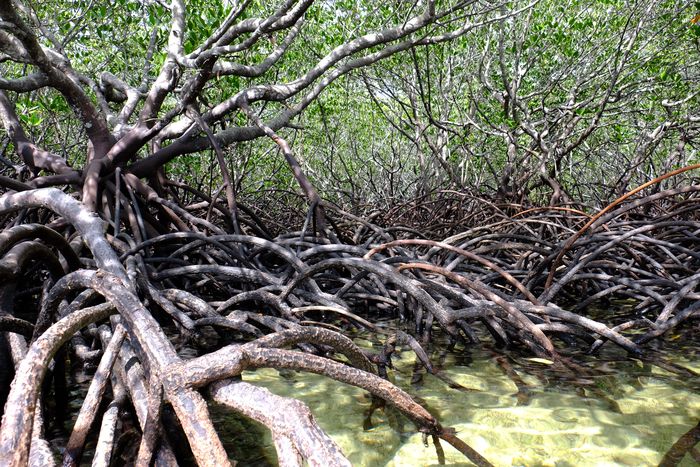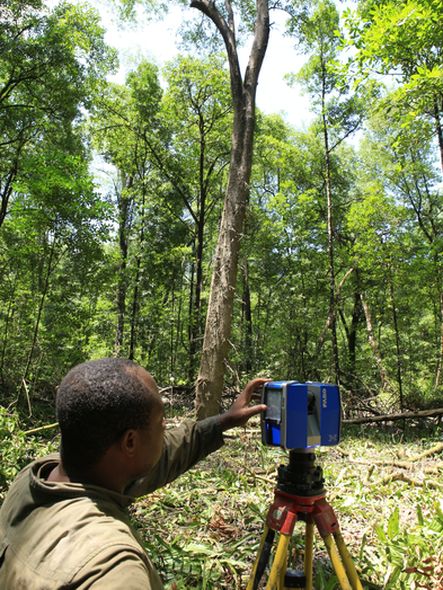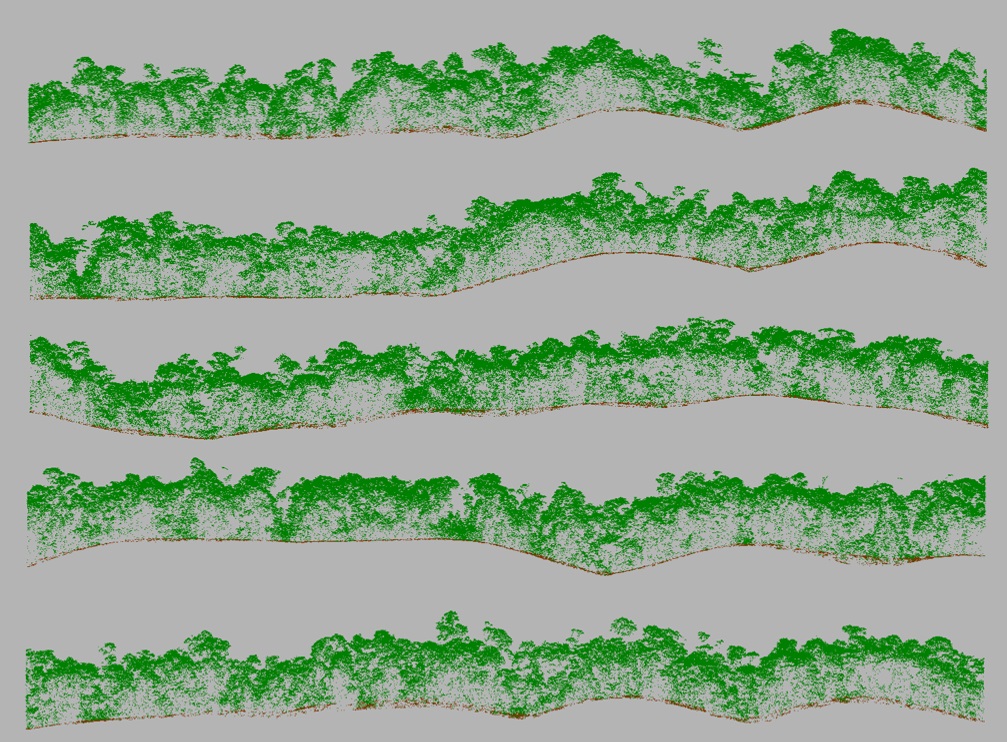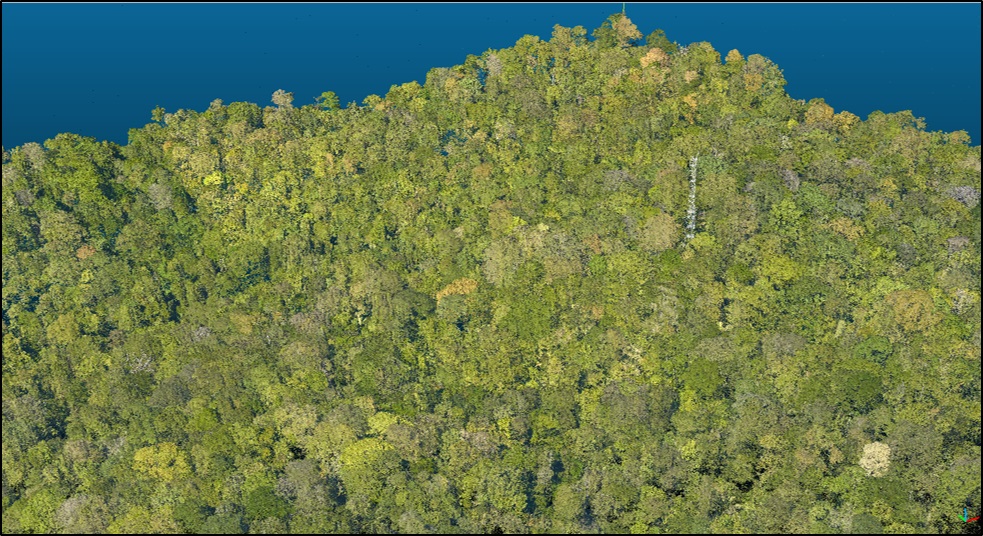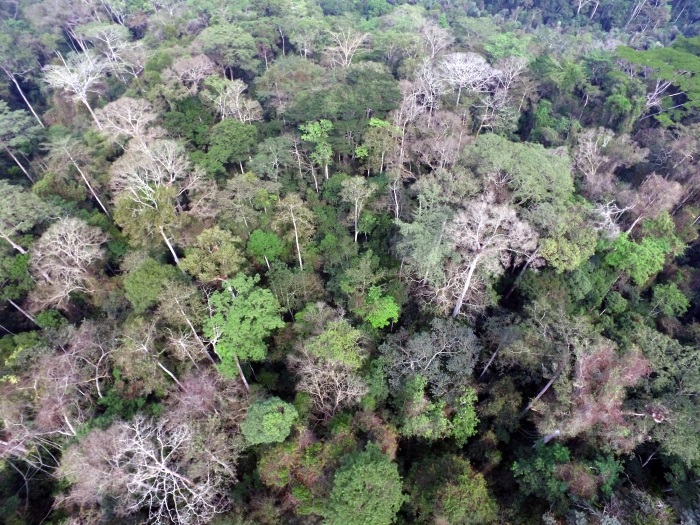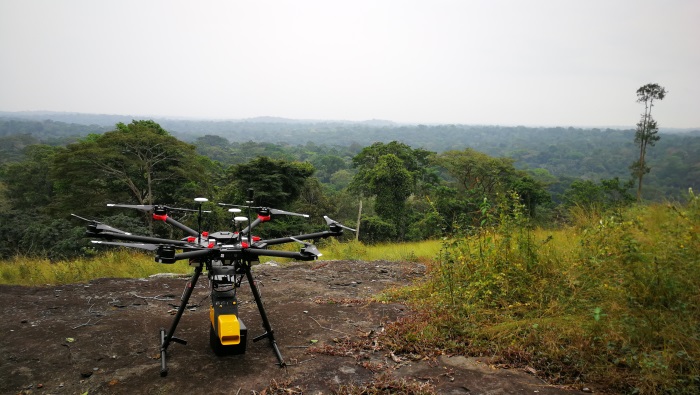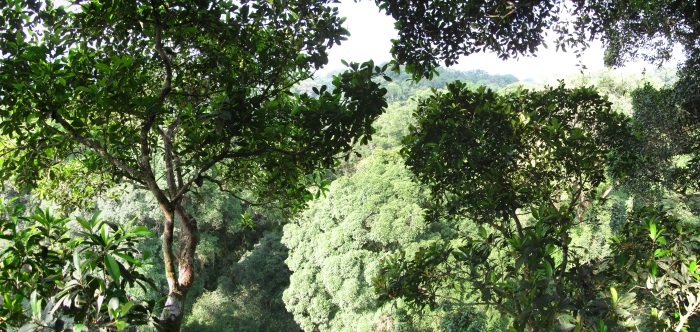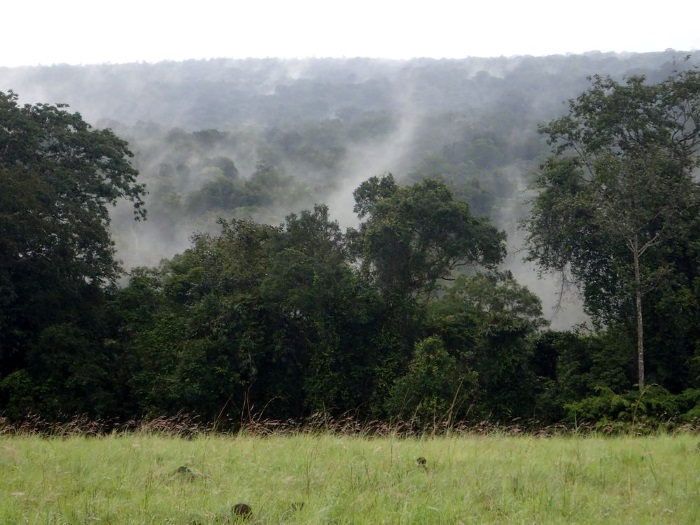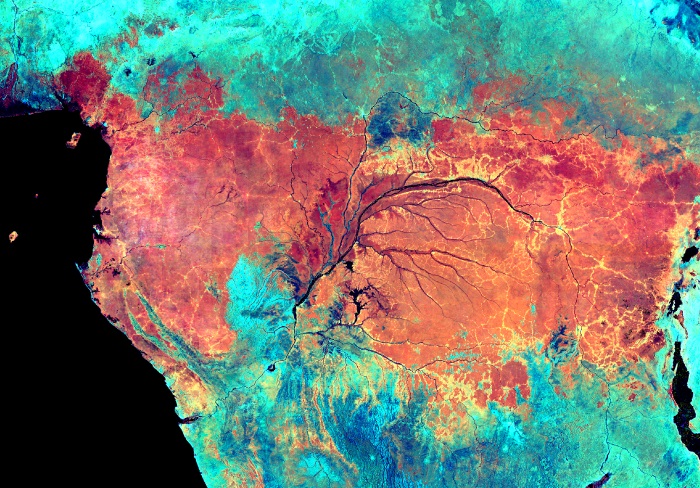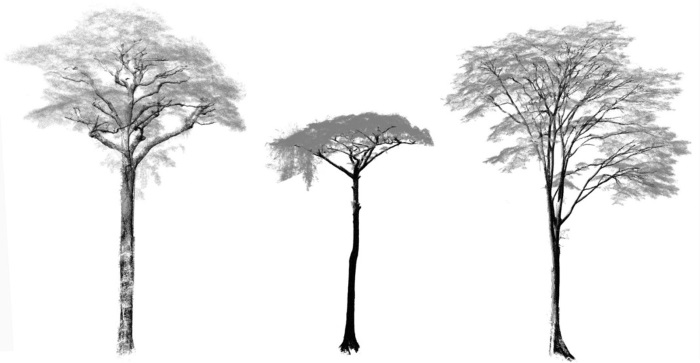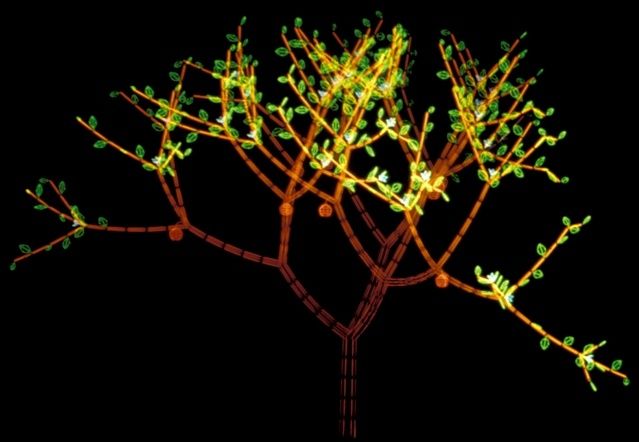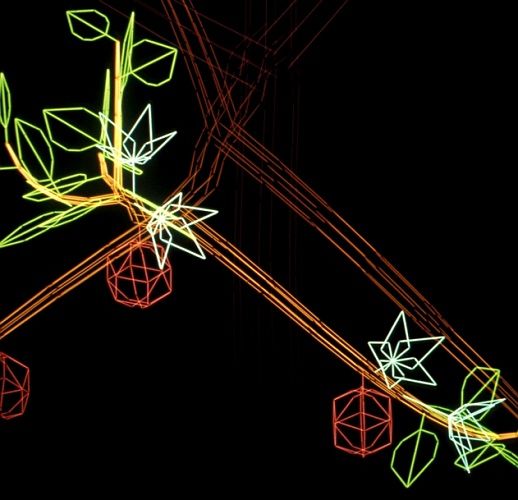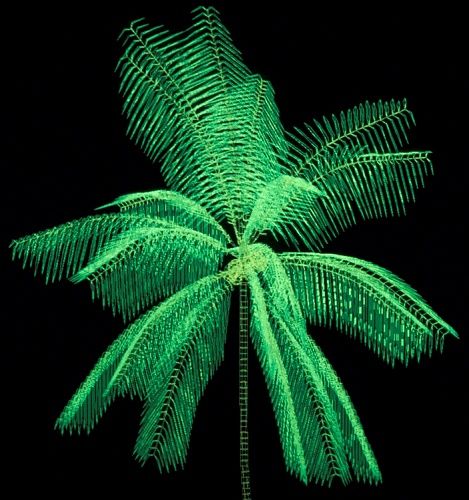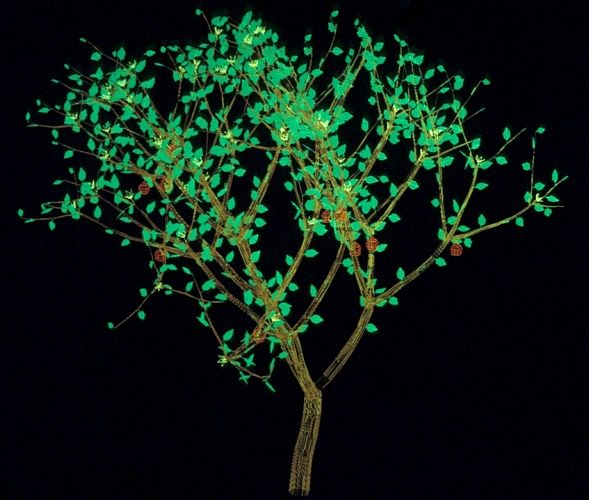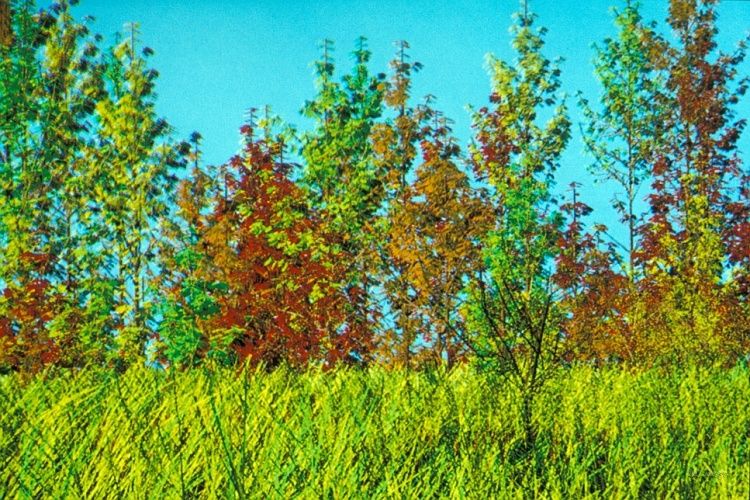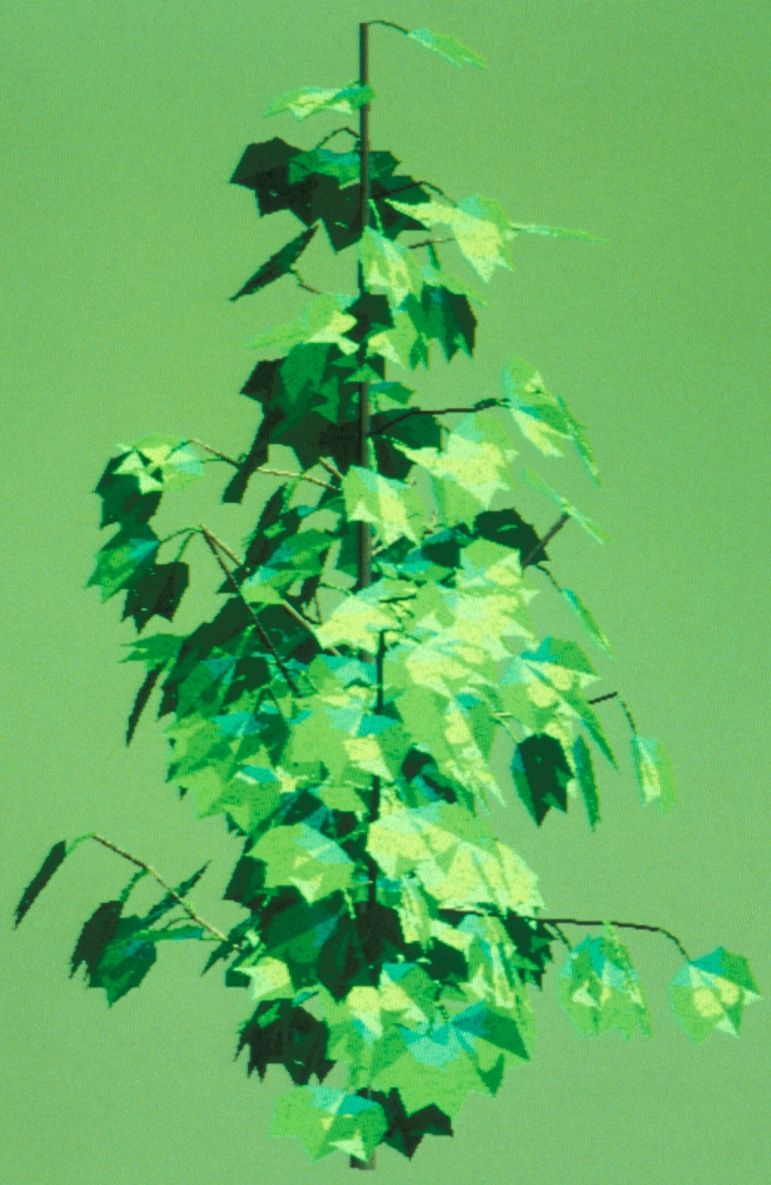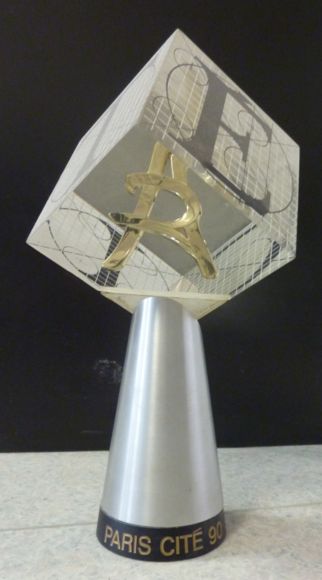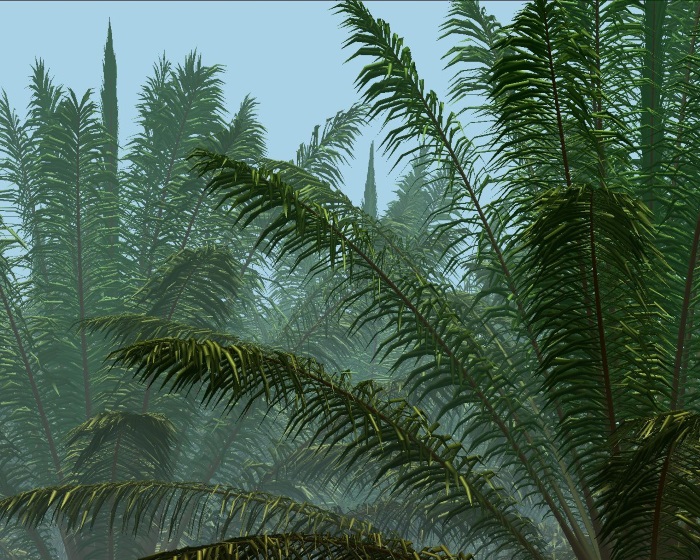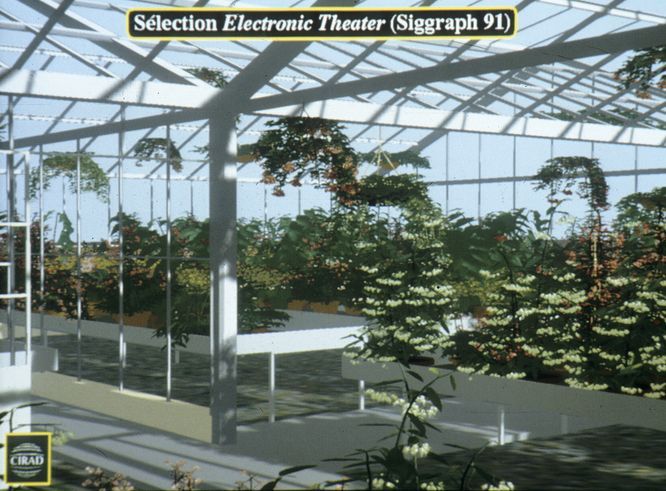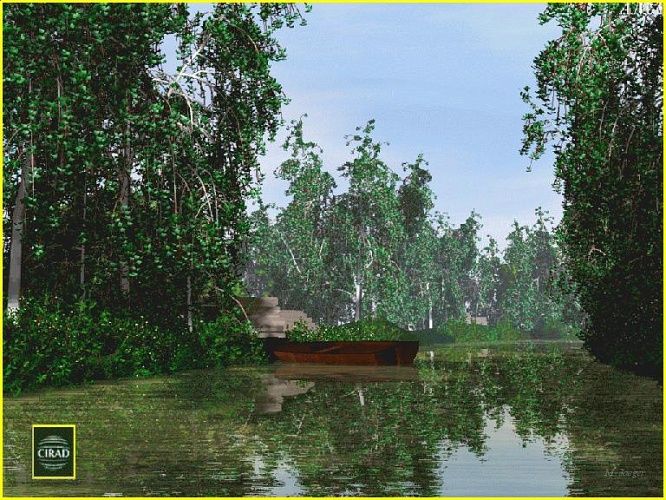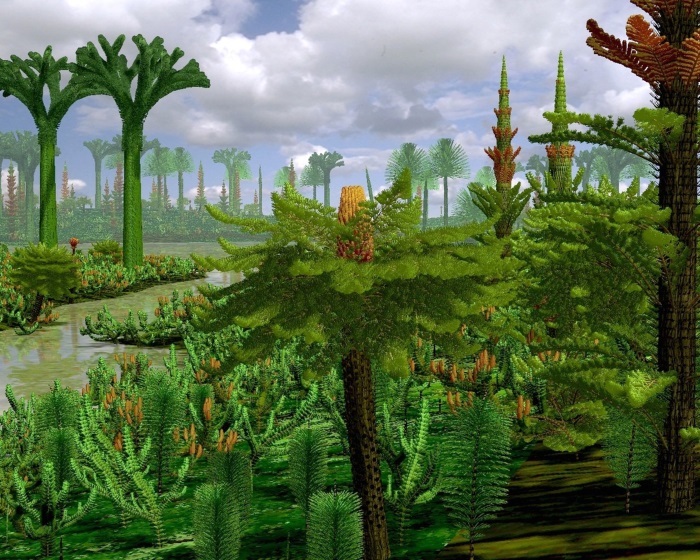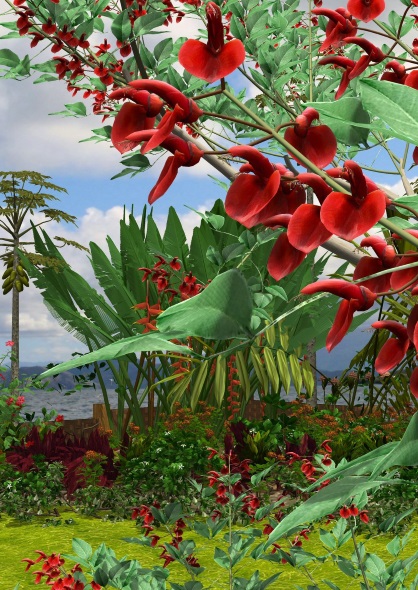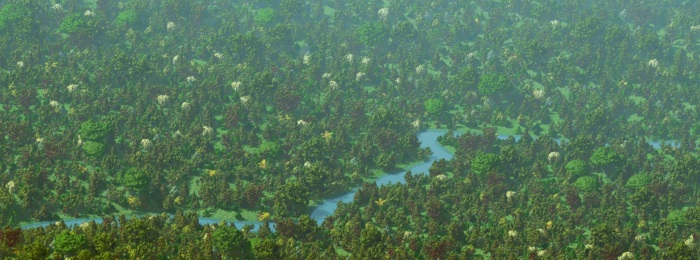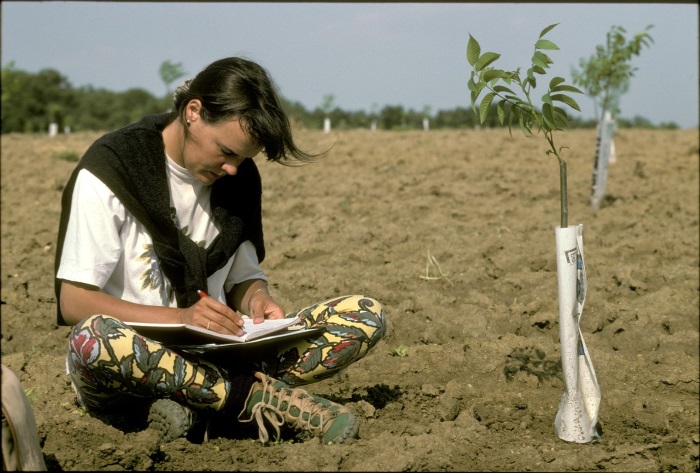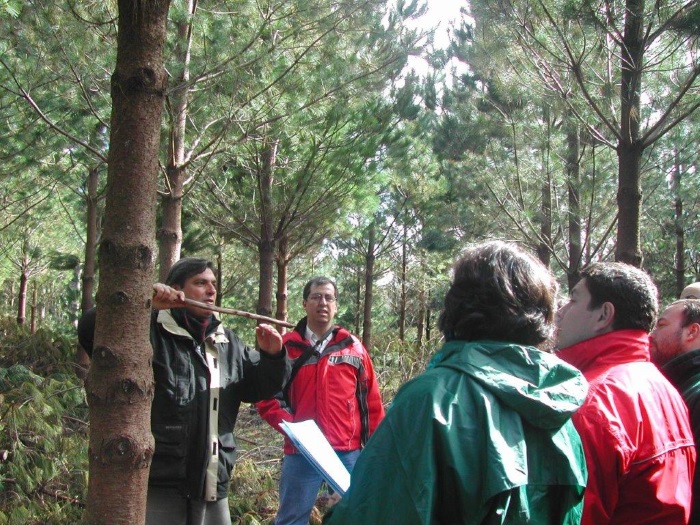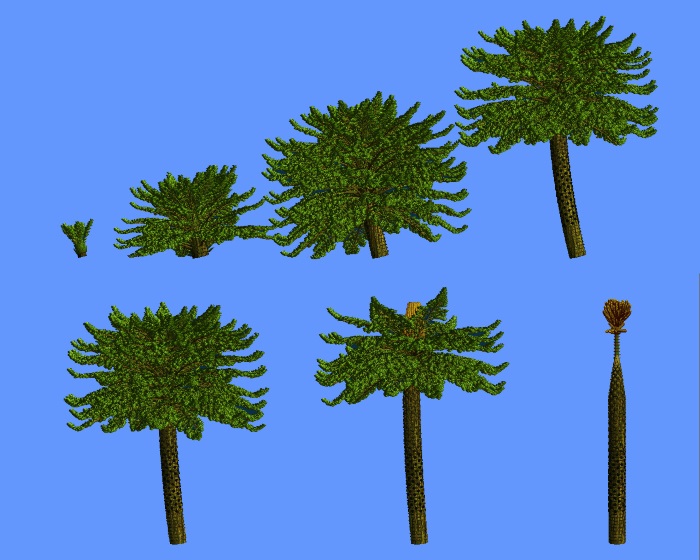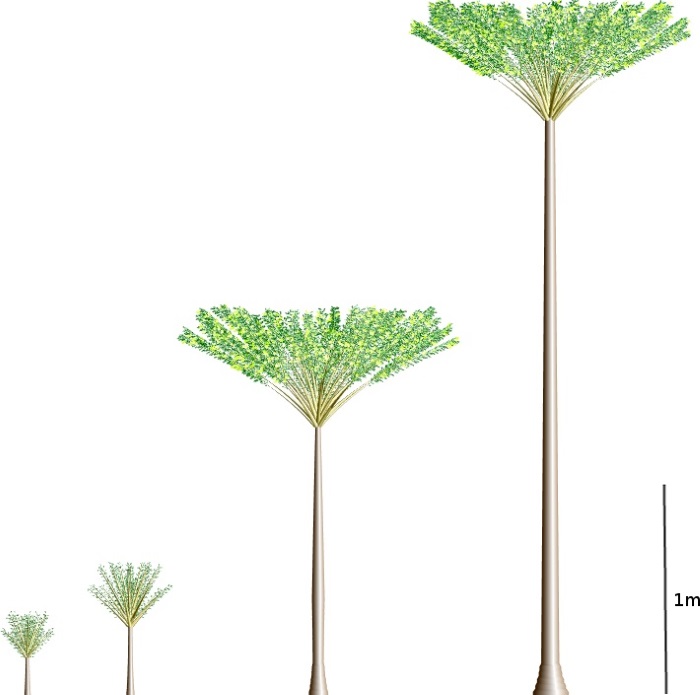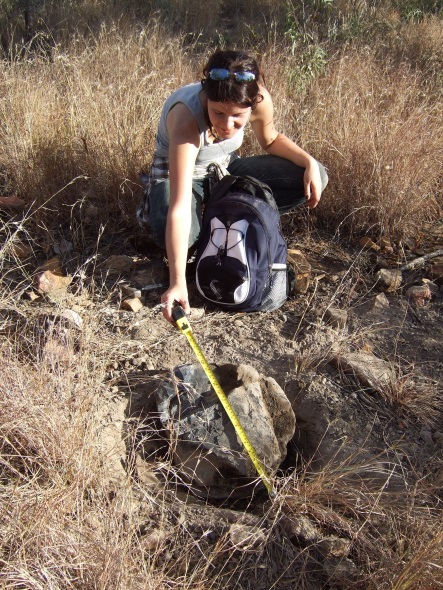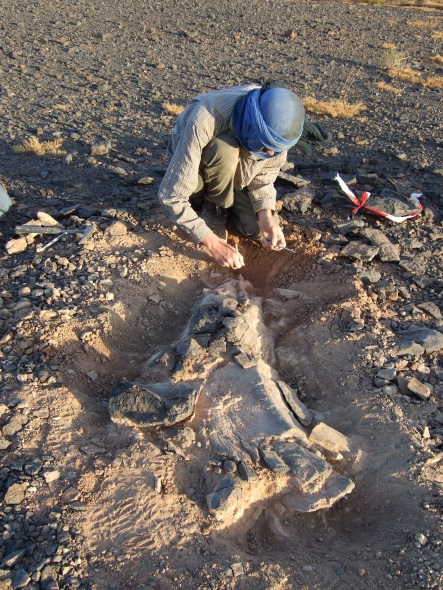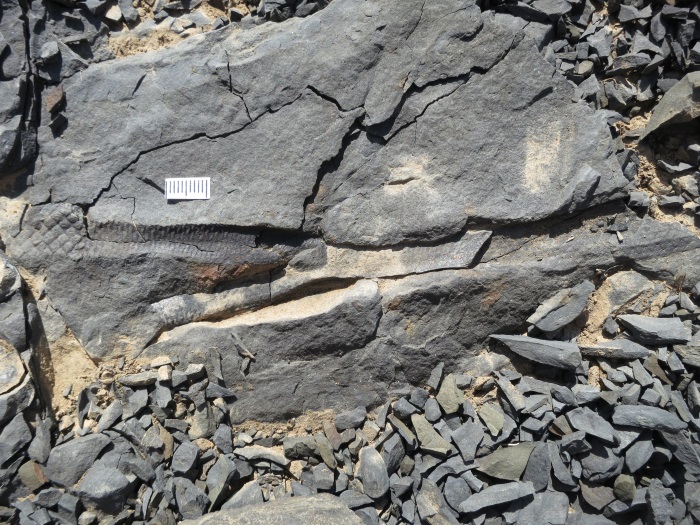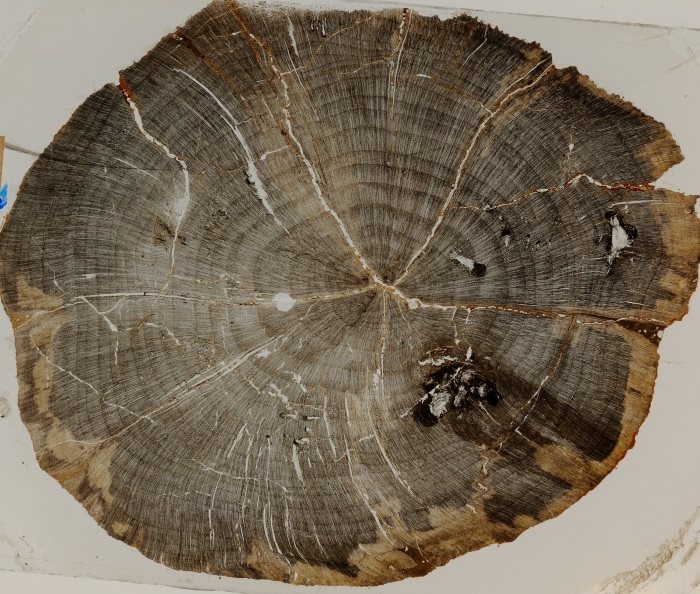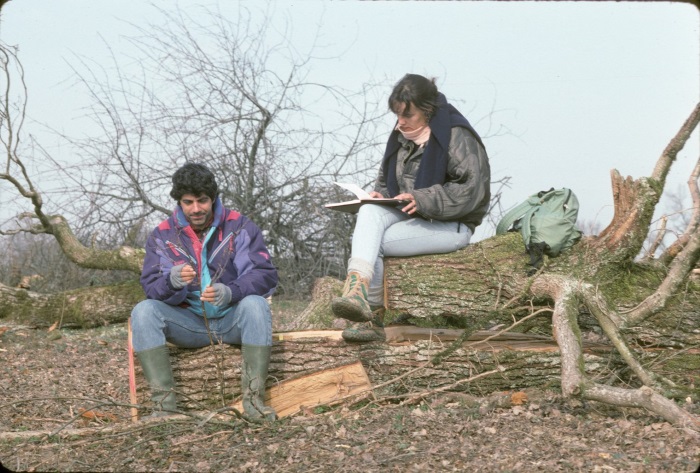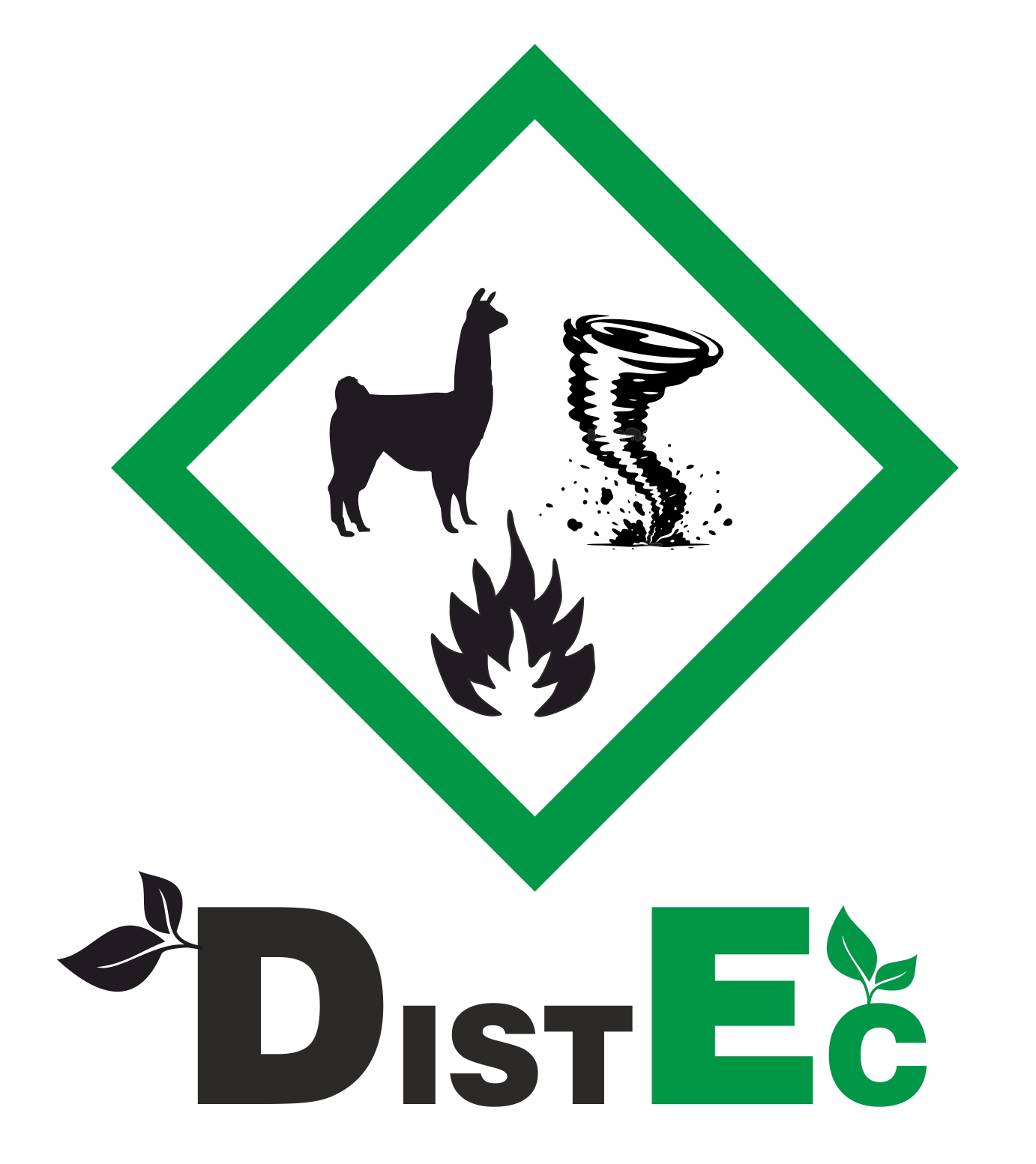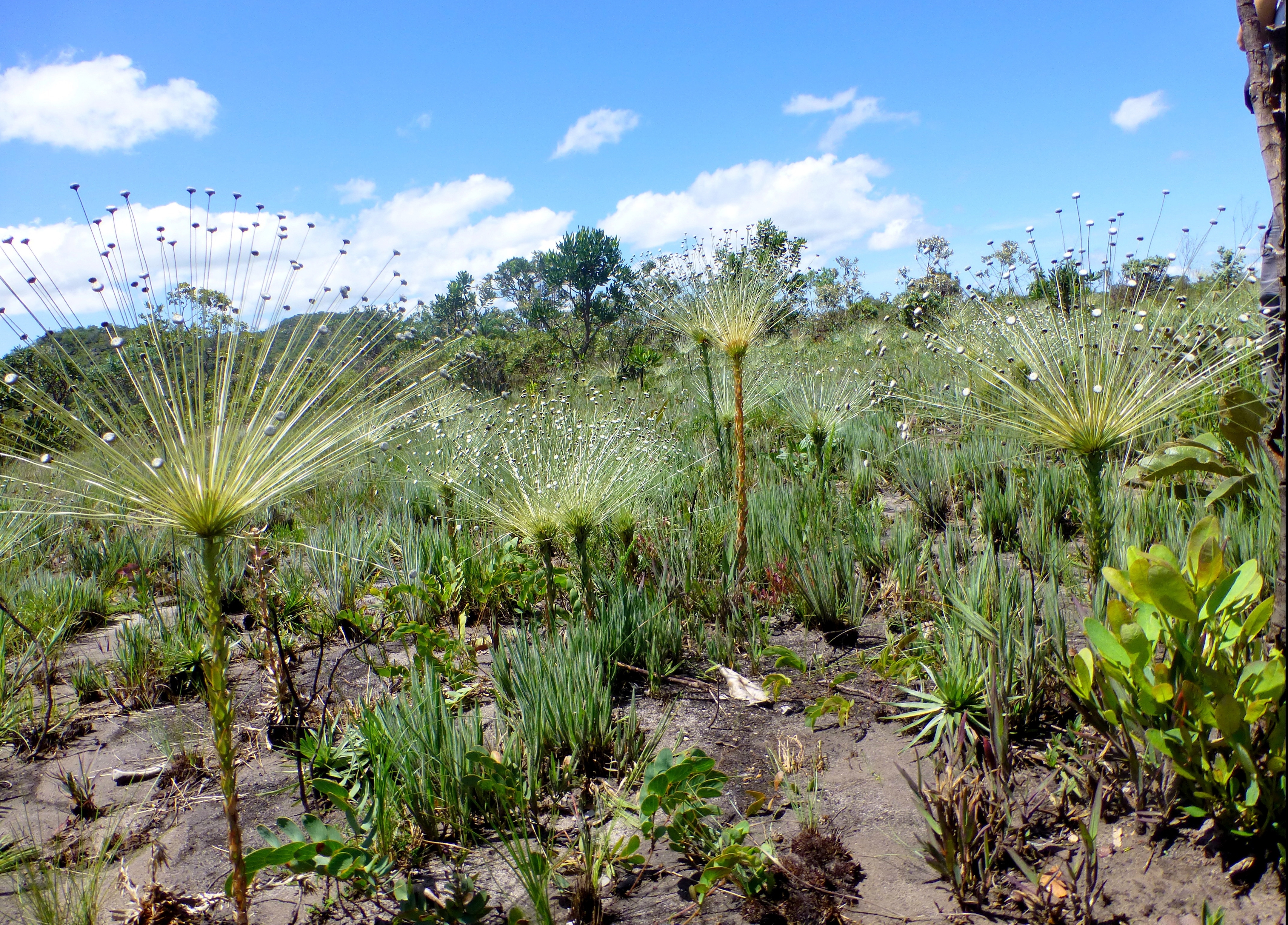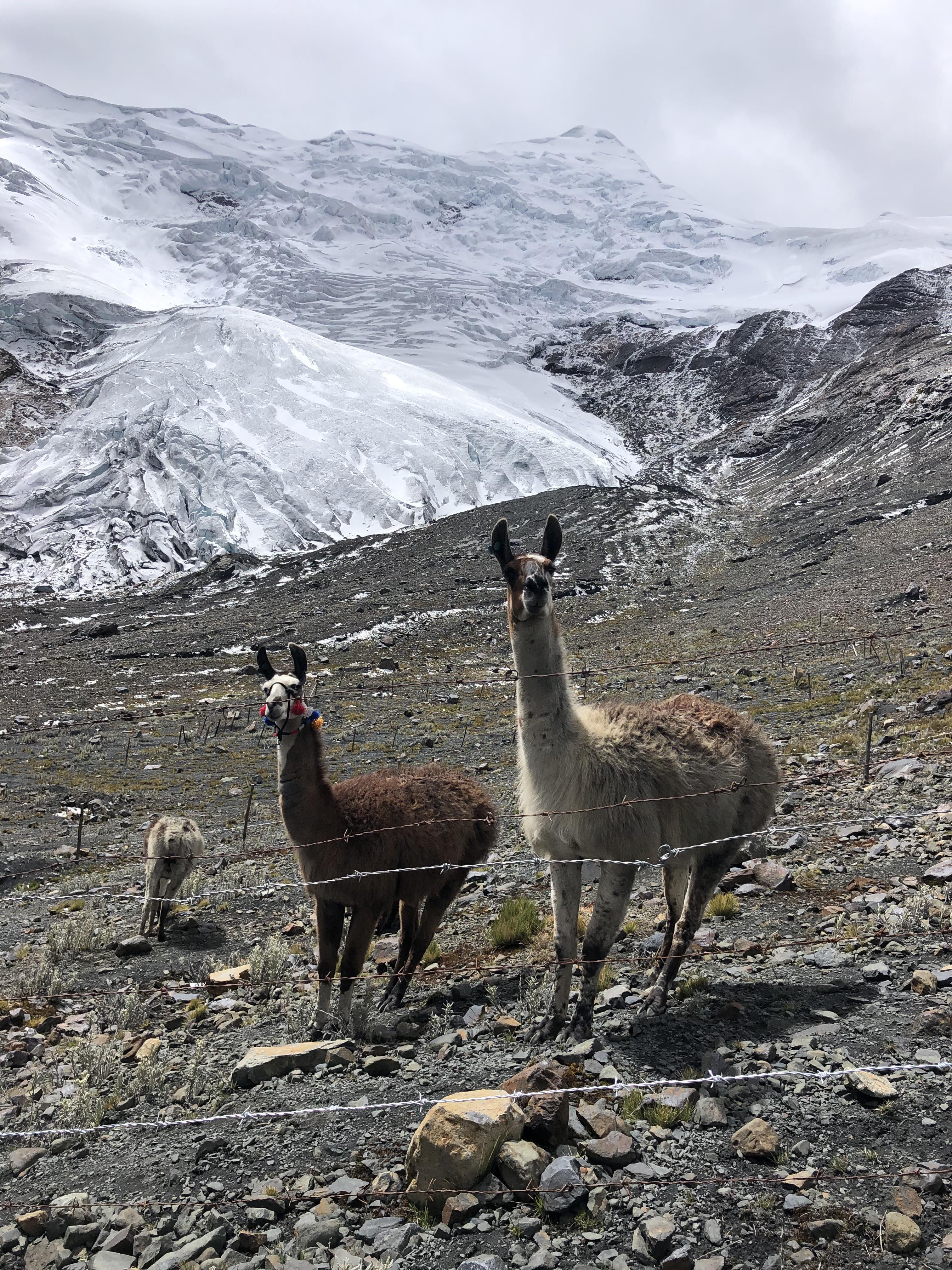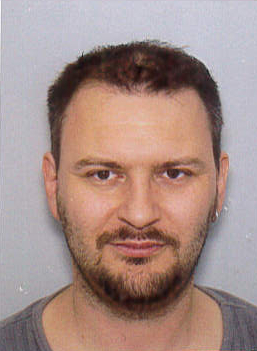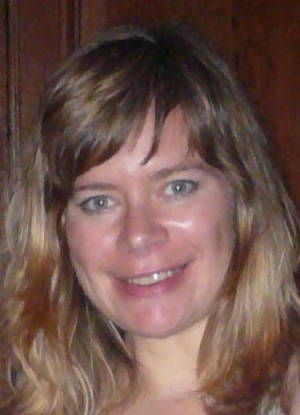BIAS - Biodiversity informatics and machine learning in Agrosciences
Keywords
Develop automatic methods and integrated tools to identify and quantify plant structures at different scales, using dynamic, multi-source visual aids.
The group builds on recent scientific knowledge, particularly in Deep Learning, by integrating data sets from participatory sciences or multi-source data, to support biodiversity and Agro-Sciences research questions: taxonomic identification, species distribution, reserve selection, integrative taxonomy, agricultural yield estimation, plant phenology monitoring, etc. The group addresses rather methodological questions, both on the basic foundations of the algorithms and on their use strategy, for example: how to automate the extraction of knowledge from massive and heterogeneous data (Natural History collections, participatory sciences, autonomous data capture, etc.)? How can Deep Learning techniques, initially well defined for structured data such as images, be transposed to the processing of unstructured data (3D models, LIDAR point clouds, etc.) for the detection, identification or prediction of objects? How can the modelling/representation link be approached, and in particular how can (growth) models be revised to better represent them? How can Deep Learning be adapted to problems as diverse as the identification of plant development stages or diseases, the generation of species distribution models (SDM), the selection of constrained reserves, or the reduction of biases in modelling based on uncertain massive data?
The digital platforms constitute a common base for the different components of the research topic, allowing to share both the approaches developed and skills: Pl@ntNet, known for its remarkable data production (300 million observations in 2021), raises processing challenges in terms of management as well as modelling and learning methods; Wiktrop is dedicated to the sharing and dissemination of knowledge on tropical weeds and their management. It is currently being extended to all tropical regions; Mikoko is a platform being developed to collect and share knowledge on mangrove plants. Finally, Agro'Deep, currently under development, will eventually be a service platform dedicated to the remote processing of visual data for the enumeration and identification of plants and their organs via Deep Learning techniques in Agroecology, Agronomy, Agroforestry and Digital Agroecologic Landscapes.
These platforms are a showcase for the group's know-how, a booster for technology transfer and a recurrent source of funding. The unit has several machines with GPUs for prototyping, but relies on platforms GENCI (Grand Equipement National de Calcul Intensif) of MBB (Montpellier Bio-informatique et biodiversité ) for very large experiments.
| Acronym | Title | Duration |
|---|---|---|
| AFRICAM | Prévenir l’émergence de maladies zoonotiques en Afrique et au Cambodge - AFRICAM Porteur : Joris FERRAN (CIRAD) | 2022 - 2026 |
| AMPLI | AMPLI, Learning and Inverse Procedural Modeling for Authoring Large Virtual Worlds Porteur : Eric GUERIN (LIRIS - INSA Lyon / CNRS) | 2020 - 2025 |
| Biodiversa+ Pilot on invasive species | Biodiversa+ Pilot on Monitoring invasive alien species Porteur : Toke THOMAS HOVE (Aarhus Univ.) | 2023 - 2024 |
| COCOA4FUTURE | Cocoa4Future : Sustainability of production systems and new dynamics in the cocoa sector Porteur : Patrick JAGORET (CIRAD) | 2020 - 2024 |
| CoForFunc | Toward a biome-scale monitoring of the COngo basin FORest FUNCtional composition Porteur : Raphaël PELISSIER | 2024 - 2027 |
| DeepAE | Génération de traits caractéristiques numériques des systèmes agroécologiques issus de l\'analyse des processus d'identification dans des images aériennes Porteur : Marc JAEGER | 2022 - 2024 |
| eco2adapt | Ecosystem-based Adaptation and Changemaking to Shape, Protect and Maintain the Resilience of Tomorrow’s Forests Porteur : Alexia STOKES | 2023 - 2027 |
| FAO - lutte préventive face au criquet pèlerin | Consolider les bases de la stratégie de lutte préventive et développer la recherche opérationnelle sur le criquet pèlerin en région occidentale (FOA - CZZ2415) Porteur : Cyril PIOU (CIRAD) | 2021 - 2024 |
| GUARDEN | safeGUARDing biodiversity and critical ecosystem services across sectors and scales Porteur : Pierre BONNET | 2022 - 2025 |
| MAMBO | MODERN APPROACHES TO THE MONITORING OF BIODIVERSITY Porteur : Toke THOMAS HOVE (Aarhus Univ.) | 2022 - 2026 |
| OFVI | One Forest Vision Initiative Porteur : Jean-François SOUSSANA (INRAE) | 2023 - 2027 |
| PAPEETE | Promouvoir l’Agroécologie par la prédiction intégrative du risque sanitaire à partir de données Participatives d’Epidémiosurveillance à l’Echelle du TErritoire Porteur : Florence CARPENTIER (Agroparistech) | 2024 - 2026 |
| Pl@ntAgroEco | Nouvelles perspectives sur la caractérisation des maladies des plantes et les associations de taxons basées sur l'apprentissage profond et les sciences participatives Porteur : Pierre BONNET | 2023 - 2027 |
| Pl@ntHealth | Plant disease monitoring in crowdsourced image streams Porteurs : Pierre BONNET / Alexis JOLY | 2018 - 2027 |
| VARUNA | Des Living Lab territoriaux pour développer des synergies entre enjeux de conservation et de valorisation de la biodiversité forestière Porteur : Frédérique JANKOWSKI (CIRAD) | 2023 - 2026 |
| XPrize Rainforest | Participation of the Brazilian team to XPrize Rainforest challenge Porteur : Castro SOUZA Vinicius (Plant Taxonomy from University of São Paulo (USP)) | 2019 - 2024 |
LEBLANC César 2022 - 2025. Prédiction des trajectoires futures de la biodiversité par apprentissage machine. Ecole doctorale : I2S / Université de Montpellier. Dir : JOLY Alexis
- Équipe Zenith de l’Inria (consortium Pl@ntNet) : Alexis Joly (CR, data scientist), Jean-Christophe Lombardo (IR)
- Équipe ICAR du LIRMM (CNRS/UM) : Gérard Subsol (CR, imagerie), Marc Chaumont (DR, imagerie)
- Equipe ECOS de l’UR HortSys (Cirad) : Emile Faye (DR, agroécologue)
- Equipe CoffeeAdapt de l’UMR IPME (IRD-Cirad-UM) : Benoit Bertrand (CR, production fruitière)
- UMR ITAP (Irstea-SupAgro):De Rudnicki (IR, électro.), Guizard (DA, vision), Rabatel (DR, hyperspectrale, drone)
- UMR Emmah Equipe Swift, Inra Avignon : Claude Doussan (CR, Sciences du sol)
- TEC (Technologico de Costa-Rica) : Erick Mata-Montero (Associate Professor, biodiversity informatics)
- University of Florida : Pamela Soltis, évolution des plantes, directrice des activités de recherche d’IdigBio
- University of California, Santa Barbara : Susan Mazer, écologie de l'évolution et génétique
- UR CIRAD AIDA : Pascal Marnotte et Marion Schwartz (malherbologues), Aude Ripoche (modélisatrice)
- UMR SELMET : Vincent Blanfort (agrostologue) et Samantha Bazan (conservatrice herbier Cirad)
- CNRA Côte d’Ivoire : Etienne Téhia (malherbologue)
- Strand Life Science en Inde : P. Rajagopal et T. Vattakeven (développement portails collaboratifs)
- Kenya Forest Service (KFS - conservation et gestion ressources forestières)
- Kenya Marine and Fisheries Research Institute (KMFRI-conservation et gestion ressources marines)
- Swinburne University of Technology, Malaisie (DR, Lee Sue Han)
